|
Labour are almost bound to form the next Government, so much so that you can't get better odds on them than 7 to 1 on, while the Tories are around 6 to 1 against (but if you fancy longer odds, UKIP are 1,000 to 1.) What sort of government will Starmer's be? Here, I look at Labour's statements and policies on crime and the criminal justice system. Starmer has chosen crime as one of the five priorities for his Government, he made a policy speech on it in March (Speech) (1), and there's now a lengthy Labour Policy Statement (LPS) (2). I start with a summary of what they say (quotes in italics from Starmer's speech, unless I state 'LPS')
Then: 7. What Starmer doesn't say. ***********************************************************************
“The statistics spell it out…. “The crime wave gnawing at our collective sense of security "In recent years...far more crime is being reported (LPS) " Levels of crime remain too high" LPS) "The truth is simple: after 13 years of Tory Government, crime is out of control.”() At PMQs, 22.3.23 "Far more crime is being reported" (LPS) It is well established that, for most purposes, especially for examining trends, the most authoritative crime statistics are those produced by annual surveys of the population, which ask a sample of people about their actual experience of crime, under the Crime Survey of England and Wales (CSEW)(3). Crime recorded by the police is now recognised to be unreliable, because of changes in police practice and policy and definitional and other changes which mean that fluctuations maybe partly or even mainly due to things other than actual changes in the rate of crime. Though police recorded crime may still be the best measure for small volume crimes, or only measure for so-called ‘victimless’ crimes eg drugs. For this reason, all graphs are from the latest CSEW unless otherwise stated. The CSEW data is absolutely clear: there is no ‘crime wave’: crime is not ‘out of control’. Levels of crime have, in fact, plummeted in the UK since the early 90s, as they have in most western countries. Not for several generations have our streets been so safe. And note, crime was significantly higher under Labour than it is now. Dangerous game that Starmer is playing.... Figure 1 : the collapse of crime in England and Wales since 1995 "And serious violent crime has gone up in recent years" (LPS) "serious violence - rising again" The fall was equally dramatic for violent crime. And again, higher under Labour. Figure 2: the collapse of violent crime in England and Wales since 1995 So, how can the LPS say, "serious violent crime has gone up in recent years"? The answer is that they base that statement on police recorded crime, rather than the CSEW. Police figures do show an increase since 2020. But here's what the Office of National Statistics have to say about that sleight of hand: "Police recorded violence should be interpreted with caution as increases may reflect improvements made by police forces in identifying and recording offences, as well as an increase in victims reporting incidents. Police recorded violence does not provide reliable trends in crime but are a better indicator of police activity (3) Labour have deliberately chosen to quote the wrong figures, because they give the picture they wish us to believe, of rising crime. "knife crime - back on the rise" "knife crime rising by 70% since 2015" Starmer here uses police recorded crime figures quite properly, because such small volume crimes are not reliable measured by the CSEW. And those figures do show such a rise since 2015. But 'back on the rise' now? Yes, a rise last year, after a sharp fall during COVID lockdowns, because fewer people were about then – but still lower than pre COVID. But given street crime plumetted during COVID, because people didn't get out, it's misleading to say it's on the rise now, without referring to the abnormal circumstance of COVID, and without admitting it's still below the pre-COVID level. Figure 3. Knife-enabled crime recorded by the police (exc. GMP) Because these figures are so sensitive to changes in police recording practice - the data from Greater Manchester Police are entirely excluded for that reason - the CSEW report uses, as a cross-check NHS admissions to hospital for assault wth a sharp object. It's significant those show a continuing fall. "sexual offences - higher than ever" "rape and sexual offences now at a record high" (LPS) Figure 4. Prevalence of sexual assault among adults On sexual offences, there is a sharp contrast between BCS data, and police recorded crime. The CSEW data show little change in the prevalence of rape over the past 15 years It does show a significant rise in sexual assaults other than rape from 2014-19, though no clear trend up or down since then. The Office of National Statistics cautions that the data after 2020 isn't reliable, because the question was dropped in phone surveys during COVID. So how do Labour claim (LPS ) that rape and sexual offences are now at a 'record high'? Again - by choosing to use instead police recorded crime, which does show an increase. But this is what the Office of National Statistics say about that sleight of hand (4). "sexual offences recorded by the police do not provide a reliable measure of trends in these types of crime. Improvements in police recording practices and increased reporting by victims have contributed to increases in recent years……. and "The increases in police recorded sexual offences seen in recent years largely reflect improvements made by the police in how they record these crimes and an increased willingness of victims to come forward and report. High-profile incidents, media coverage and campaigns are likely to have affected people's willingness to report both recent and historical incidents to the police and For a subset of forces providing data to the Home Office Data Hub, 24% of sexual offences recorded by the police in the year ending March 2022 were non-recent offences (those that took place more than 12 months before being recorded by the police). (So, a lot of the rise in sexual crime increase in police data in 2021-22, in fact dated from years previously!) "domestic abuse - still rife" And domestic abuse. The LPS says, rightly, that there has been little change in the frequency of domestic abuse 'for some years'. What they don't say, is that levels now are much lower than under the last Labour Government.... Figure 5. Domestic abuse among adults "Prisons are no longer places where offenders are reformed or rehabilitated. Instead, offenders now come out of prison more likely to commit a crime again, with 80% of offenders now having at least one previous caution or conviction" (LPS) A straight lie. The LPS backs this up with a link to a government press release about reducing reoffending projects, which does not contain this statistic. Even if correct, this figure alone does not, of course, support the statement. The true figures for reconviction rates of prisoners are published regularly and show a completely different picture: a slow, stead decline ever since the peak, in 2010. Under Labour! (Interestingly this is the only reference to prisons, and nowhere in the document does Labour refer to gross overcrowding, or the soaring rates of violence and self-harm or the failure of recruit or to retain staff. One wonders why not.) Figure 6 Proven reoffending rate of prisoners, 2010-2021 (Q1 cohort each year) (Source: MoJ Proven reoffending statistics) 2. crime disproportionately affects ‘working people’, and women and girls “whatever the crime: anti-social behaviour, hate crime, serious violence, it’s always working people who pay the heaviest price” ‘Working people’ is meaningless. Deprived communities include many who don’t work and the proportion working, or retired from working, isn’t significantly different in better off communities. Preusmably, New Labour is desperate not to mouth the forbidden words 'working class'. The statement appears arguably correct for violent crime, at least in its association with areas of greatest deprivation - less clearly so with income, occupation or unemployment. I can't find evidence that hate crime is higher in deprived areas, but it would be surprising if it were not so given the association with race. It is sloppy to label anti-social behavior as 'crime': it often isn't, indeed that is often the problem. The recognition that some communities are more at risk from crime than others is in fact a valuable step forward, although as we shall see, Labour doesn’t follow the logic of this – that police and other resources should be focussed on poorer communities. "an epidemic of violence against women and girls" (VAWG) (LPS) The LPS talks of 'an epidemic' of violence against woman and girls (VAWG). This is a quote from a report by the Chief Inspector of Constabulary, Fire & Rescue Services (5). But where is the data to support this? The ONS is introducing a 'dashboard' of data on VAWG, but so far, only one year’s data is available, so there can be no conclusions about trends. So the only trend data available is that from CSEW on sexual violence and domestic abuse (since in both cases, a large majority of victims are women and girls). But as we've just seen, rates of victimisation for domestic abuse and rape have remained unchanged for years, while rates for other sexual assaults have gone up and down. Here, the LPS tries to have it both ways: recorded sexual offences and domestic abuse has risen but it recognises that changes in reporting and recording practice may be the explanation, in fact then admits that 'evels of domestic abuse, sexual assault and stalking have remained broadly stagnant for 10 years’. But an 'epidemic' isn’t a steady state: it is "an outbreak of disease that spreads quickly and affects many individuals at the same time" (Mirriam Webester dictionary). There is no 'outbreak'. Yes, levels are unacceptably high, it’s an issue that's been underplayed too long. Indeed, it is more damning that it's been tolerated at this high level for so long. But the language is misleading as to facts. And this mis-representation is part of the political purpose of Labour: to pretend there is a 'crime wave'. "anti social behaviour is a growing blight" "anti social behaviour has risen in town centres" (LPS) Anti-social behaviour often isn’t crime or is ‘borderline’ crime, behaviour which can be made into a crime if the police interpret it in a certain way - but it creates a climate where crime is more likely to occur, more likely to go unchallenged and it can cause in local people feelings of unsafety or alienation. Labour say ASB has risen in town centres. I can’t trace any source for that. CSEW is inconclusive. It says the number of people personally witnessing ASB increased 2016-21 but then it fell again in 2022-23. The % of people saying ASB is a big problem in their area rose in the mid-2010s but plateaued off at the end of the decade. But the % saying that there is a high level of ASB in their area shows a steady decline since the late 2000s, to a new low level. Given in addition the uncertainty what people mean by ASB, and its link with wider feelings of dissociation and worry, it seems impossible to say much definite about trends. 3. People feel unsafe, and have lost confidence in the police “Working people don’t feel safe “The crime wave gnawing away at our collective sense of security "our sense of security has slowly eroded over 13 years" (LPS) 'Fear of crime' can mean different things: a generalised feeling that crime nationally is rising or out of control, worry about crime in your own neighbourhood. or actual fear in particular places and times. It is well established that peoples' sense of risk of falling victim is generally much higher than actual risk, that consistently, a majority of people think crime is rising even when it is not, and that peaks in fear may be associated with publicity given to a few very serious cases. Poll data shows a long term fall in worry about crime as a general issue since the mid 2000s, following but lagging the actual fall in crime since the mid 1990s. On that measure, people are not feeling 'increasingly insecure'. Figure 7 IPSOS issues survey: what people say are the most important issues facing the country, % spontaneously mentioning crime.law and order, violence, vandalism, ASB etc The CSEW asks people about their worry about different sorts of crime. These, too, show a sustained, long term fall in such worries across all crime types, with some leveling off in recent years (the question doesnt seem to have been asked in 2021; the data for 2022 shows a further fall). The data show higher levels of worry among women, and not surprisngly, hugely higher levels of worry about rape: but with the same downward trend since the 1990s, leveling off in recent years. Figure 8. Prevalence of worry about different types of crime (Source: analysis of CSEW data in "The Drop in Worry about Crime and Its Gender Gap: Trends in England and Wales from 1998 to 2019/2020" Sophie Pohl, David Buil-Gil, CrimRxiv, Uni. of Manchester) A third source of data is about people’s perceptions of safety in particular places and times. CSEW has a long series of data on whether people feel safe walking alone after dark. This is quite unambiguous: not only has there been no decline in levels of feelings of safety, but they reached their highest ever level in 2023, for woman and for men. In fact the increase is much more marked for women. Figure 9: % people saying they feel safe walking alone after dark, CSEW Finally, there is a new set of data from ONS, Perceptions of personal safety and experiences of harassment. This has only been collected for 2 years, 2021 and 2022. This shows as, you would expect, that people are more fearful at night than in the day, and in quiet rather than busy place, and that women are more fearful than men: also, that women's experience of harassment in public is very high indeed. It does show some small increases in feeling in unsafety 2021-22, though this may be coloured by worries about COVID. Conclusion: Starmer's assertion of increasing feelings of unsafety is not founded in the evidence. 4 . People are losing confidence in the police "public confidence in the police has been on a downward trend since 2017" (LPS) "Our policing by consent model – a precious model – is now hanging by a thread" As with crime, confidence can be understood in various ways: generalised 'support' for the police, feeling that the police do a good job, trust in their integrity and fairness, and actual personal experience of them, in various roles. Figure 9. YouGov tracker poll on police It is true that there has been a decline since the mid 2010s, both in confidence as expressed in national polling, and in peoples perceptions of their police locally. (Interesting comparison with figure 9: CSEW have been asking the same question but about local police - they also show a fall since 2018 but less pronounced. Again, people respond differently if prompted to think about their local experience, rather than abstract political concepts.) At national level, there have been a succession of scandals and failures, at local level a sharp fall in visibility of foot patrols, as indeed mentioned by the LPS.
5. the criminal justce system is failing " in recent years, arrests, prosecutions and convictions have all halved (LPS) "Our courts are backlogged, victims trapped in a purgatory, waiting for the justice that they deserve. "The court backlog is bigger than ever" (LPS) "The charge rate – just 5% – never lower." "more court cases are long delayed" (LPS) "the government’s failed privatisation of probation" (LPS) All of this is true. Starmer doesn't so much as mention, though, the catastrophic deterioration of the prison system, the physical decay of courts, the massive closure programme and the move to online courts, known to disadvantage the marginalised, or the catastrophic decline in numbers of criminal barristers, duty solicitors and even criminal judges. I return to these omissions below. 6. Labour's policies 6.1 halve violence against women and girls How? Admits 'this will not be easy and will require ....looking beyond ....criminal justice". A lot of faith in 'specialists', to be inserted into every police force, specialist rape courts, specialist rape units. Ban promotion of misogyny on line. Education. Domestic Abuse Register. Comment: costly, but uncosted and unfunded. Efficacy in cutting crime by half doubtful, though should ensure more convictions and better care for victims. 6.2 halve knife crime within a decade How? Make grooming of children for crime illegal; mental health workers into every school; putting youth workers into A and E depts and custody suites; clamp down on online sale of weapons. Comment: costly, but uncosted and unfunded. Efficacy doubtful. 6.3 raising confidence in police to the highest level How: restore neighbourhood policing with 13,000 new officers/PCSOs. Raise standards. Overhaul vetting, training, miconduct procedures. 'A new standards regime'. More support for officers. Reduce ASB with new Respect Orders, mentors for children, mental health workers in schools, ASB officers in every local authority, targetting drug dealing sites, tougher penalties for fly tipping, 'increase community penalties' with community input on unpaid work. Comment: the aim isn't clear: what was 'the highest level', when and how measured? If you go back to the 1950s, very much higher indeed. Proposals very costly but with the exception of the 13,000 police, not cossted or funded. Does not ask why recorded crime has risen when actual crime level remain at historic low, or why, when police numbers are back to 2010 levels (6) , they can't just put more back on beat. What is proposed is a major cultural change, always difficult and dependent on leadership. Some proposals eg giving community say in unpaid work, are not new, others eg increasing community penalties, fly tipping, mental health in schools seem unrelated to the aim. 6.4 Reverse the collapse in the proportion of crimes solved How? Don't know! A commission will be set up to suggest how. First steps, meanwhile: increase numbers in CPS, changing relationship between police and CPS (no detail), direct entry scheme for detectives, new protection + more support for victims. Comment: even first steps carry significant costs but uncosted and unfunded. Absence of anything about crisis in criminal bar, criminal judges, courts availability. Lack of curiosity about why bringing police numbers back up to 2010 level hasn't reversed fall in prosecuctions: something wrong with police? No account taken of knock-on impact on failing, overcrowded prisons. 7. What Starmer doesn't say What Starmer doesn't say is far more revealing than what he does say. The following statements are based on the evidence. 7.1 That there is no crime wave. There is, in fact, a huge a crime 'slump'. Crime has fallen steadily since 1995 and is now, astonishingly, just a quarter of what it was then. Our steets are in fact safer than for generations. 7.2 That people sense this, and in consequence, worry about crime, are fearful of crime, far less than they used to be. 7.3 That despite crime falling by three quarters, the prison population has doubled. There is overwhelming evidence that the rise in prison numbers hasn’t been the cause of falling crime (8). The rise in prison numbers isn’t because offenders are being brought to justice, but is the result of greater use of custody for the ever-smaller proportion that are brought to justice. This has resulted in massive, never-ending prison building programme, at a cost of around £3bn capital and £1bn a year, for very little if any social benefit. Most of the blame attaches to the last Labour Government: prisoner numbers rose fastest under them, and the building programme was fastest under them. Labour are still doing it, out-bidding the Tories on longer sentences, and increasing pressure on prisons by increasing police numbers. 74 That despite this building programme, prisons remain desperately over-crowded while staffing has been cut, and prisons are in a worse state than for generations and are near breaking point. This is known to greatly reduce effectiveness in preventing reoffending by exprisoners. This will cause huge costs down the line, costs not recognised by Starmer, even though Labour has sought even longer sentences. 7.5 That the evidence does not support the belief that more police reduces crime. One proof is that crime did not rise when the Tories cut police numbers by 20,000. 7.6 That the root causes of the crisis in the criminal courts is too few criminal barristers, as a result of cuts in criminal legal aid that started under the Labour Government, and too judges specialising in criminal work. 7.7. Starmer is silent on the long standing failure to prosecute corporate crime, including pollution. 7.8 Curiously although Starmer insists that there is a crime wave, interestingly he does not commit to bring down crime overall. 7.9 Labour's proposals are clearly very costly but mostly not costed, not funded. Given the dire state of the economy and of public finances and the multiple severe pressures for extra funding on welfare and on every single public services, it is unrealistic to think that these proposals can ever be implemented. 7.10 Much of the proposals are not backed by evidence that they will have the effect sought. CONCLUSION Labour's policies on crime are dishonest, cynical, wasteful. Labour blatantly lie and use statistiics misleadingly in an attempt to play the old Tory card: encourage fear of crime. The Labour statements are clearly based on detailed understanding of the data: all the more unforgiveable that they carefully misuse and misrepresent it. Two questions: why do they do this? And how do they think they can get away with it? The answers are pretty obvious. Surveys show that worry about crime, and a desire for more police, punitive policies is greatest among the conservative-leaning public, and that is precisely the group (Red Wall Tories) that Labour neeed to win over (7). So, feed the beast! Although given their lead in the polls anyway, and given the decline in crime among issues that concern the public, it may be the entire excercise is unnecessary, electorally speaking. It also looks almost as though Labour rightly wanted to do something about violence against women and girls, but thought that might not be electorally appealling by itself, so clothed it in traditional language about crime waves etc. And they knew they will get away with it because the Tories, and much of the media, have always played the same game. Crime is in fact, comparing the reality today with the early 1990s, a much less pressing problem. Still a problem, of course: still affecting individuals and communites badly: but politics is about priorities, especially nowadays. And the decision to make crime one of the top five is I believe, entirely cynical. Meanwhile, Labour conceal the harm to the prison system by increasing use of custody, on which they are a far worse offender than the Tories, and the huge amounts of scarce public funds being sucked into the prison-industrial complex, thus not available for other public services. Nothing they propose will prevent the continuing downward spiral in the prisons system, indeed they add to it by cynically proposing even longer sentences. They ignore the root causes of the crisis in the criminal courts, even though that undercuts all they propose. They are silent on entirely corporate crime such a pollution, and white collar cime such as tax evasion, which go largely unpunished. They propose a huge increase in police numbers which will cost hundreds of millions which is unnecessary and won't cut crime. Finally, why I despise the Labour leadership, and why I wrote all this. Starmer thinks it is 1997and he is Blair. It isn't, and he isn't. This is a totally different and and terrifying world, and he doesnt even know it. In crime, he chose a non-existent problem as one of their top priorities, purely and cynically for electoral advantage, even though there is some doubt whether it will work electorally, or is needed to win. Meanwhile, he has nothing much to say about the truly awful problems of our time. In the UK, the horrendous economic imbalance between north and south, the huge increase in inequality in recent decades (much of it under Labour), the impossibility of ever returning to previous levels of growth and the consequences for public services, the fact that the UK is one of the most centralised and secretive states in the free world, that we have no constitution, that our legislature is stuffed full of cronies, that our electoral system is blatantly unfair and helped enable the Tory madness. In the wider world, the threat of war, the decay of liberal democracy everywhere, the rise of the dictatorships, the threat of nuclear war, the likelihood of war with Russia. Above all, the various overlapping environmental crises that are destroying our world in front of our eyes, and the huge threats this poses to the British people, for example, in terms of food insecurity, flooding and drought, extreme heat . Truly: cometh the hour, cometh not the man. Pedestrian, innately conservative, intolerant of different views within his party, lacking understanding, lacking public appeal, lacking imagination, and in use of statistics, lacking integrity, Starmer is doomed to disappoint on an epic scale, at as critical a point in our history as any before. A last note: I'm sad to see Patricia Hewitt play along with this farrago. I once respected her. NOTES
Started
27 September 2023 Why this petition matters Network Rail's Oxford station project cut our city in two, closing the only road in from the West, Botley Road. Through Network Rail's incompetence, the closure has been extended again and again, starting at just 4 days, now 18 months and counting! In addition to huge inconvenience to many local people, local businesses are paying the price as trade is strangled. Network Rail's constant changes of plan - always at the last moment - make it impossible to cope. Several family businesses valued by the community say they doubt they can survive. We demand Government, as the owner of Network Rail, compensate businesses for their losses. Or failing that, the City and County Councils, both of which gave the go-ahead or supported this project on the basis of a four day closure. It is morally wrong that people should lose their livelihood, and the community should lose its shops, because of mismanagement by this completely unaccountable, serially incompetent and curiously secretive government body. No one who walks around the historic centre of Oxford can fail to notice something odd and ominous about the city: like chestnut blight or ash dieback spreading through a wood, there are a growing number of shop fronts lying blank and empty, even in the city centre. It was nothing like this when we arrived here 20 years ago, and older inhabitants say it was unheard of in the last century. If it is not an extinction event, at the very least small shops, particularly independent shops, are now very much a threatened species in our city. This is not peculiar to Oxford, of course. There is a national crisis of the High Street, about which much has been written (1). There are many causes, indeed it's a perfect storm: the rise of internet shopping and home delivery, the spread of supermarkets and malls on the periphery of the city, rising city centre rents and business rates, the increasing difficulty of driving into Oxford and increasing cost of parking, COVID lockdowns, and now the extraordinary inflation of energy prices, and threatened recession. There are places that have it much worse: in the North East, the 'void rate', as it is called, 19%, compared to 'only' 12% in the South East (2). But what it is remarkable it should be happening here - in the very centre of one of the most prosperous cities in all England. And it has been gathering pace rapidly over the last few years. Of course, there's nothing wrong with shops changing hands, indeed, it's essential that they should, as part of the natural life cycle of the forest, as it were - old trees fall, new ones arise. And to continue the analogy, the dominant vegetation may change. The big department stores in the city centre were long vulnerable, and had found it hard - eventually, impossible - to find a survival. path Likewise, the closure of old pubs and their replacement by bars and coffee shops, like it or not, reflects changing social habits and preferences (though just how many coffee shops can Oxford support?). But what isn't at all normal, or healthy, is the extraordinarily high number of properties remaining empty in this prosperous city. A special sadness is the death of so many businesses that were locally owned, quirky, interesting, in a word, Oxford - and some very long-standing: Gills in Wheatsheaf Yard, said to be the oldest shop in England (1530), Boswells, Englands oldest department store (1738, pre-dating that other Boswell), Rowell's (1797) in The Turl, where I got my 30th anniversary ring, Thorntons' Books in The Broad (1830), Aldens and Hedges which vacated the Covered Market for cheaper and easier to reach places further out. To be replaced by more chain stores, more tourist tattery. We begin to look just like any other large town. But we are not like any other large town, we are much more interesting. distinctive, and our shops ought to reflect that. While as I say there are many factors driving the death of our shops, it's also the case that the fingerprints of both Councils are all over the crime scene. The New Labour-ish City Council has long in bed with - no, let's be fair, genuinely in love with - Big Money - whether public or private, forming joint partnerships with big property companies for massive developments. But, as several shopowners have bitterly remarked to me, it doesn't have the same interest in sustaining small, locally owned businesses. Because they don't fill the Council's coffers, I guess. Whether in fact these big developments have benefited the people of Oxford, rather than just the developers, is a moot point. The massive development of Westgate has surely been a mistake. It is as bland as every other mall, full of the usual national brands: nothing interesting, nothing that can't be found in dozens of other towns, or on line. It has helped drive up business rates and rents generally, and led many existing shops to move into Westgate, leaving voids behind. Queues for its car park often stretch right down the Abingdon and Botley Roads, and up Hythe Bridge Street, causing gridlock. It surely ought to have been built on the outskirts. Even in its own terms it isn't successful - footfall is below the rates assumed in the project, and there are embarrassing voids within the complex. Westgate is also a disaster in architectural terms: hugely out of scale with the small historic centre of Oxford, and making a major contribution to what one might call the banalisation of Oxford - for all the ludicrous claims by planners (what do they know?) that each massive new development will be ‘iconic’ and ‘world class’, places like the Westgate or Castle Mill student flats are ugly, characterless, and have nothing of Oxford about them. It is though the Council's long term aim was that the centre of Oxford should be indistinguishable from that of any other Midlands city. If so, they are fast succeeding. And the City Council are directly responsible for the sad decline in the Covered Market, which they own. 20 years ago it was still a functioning market. Today it is not. Very often, there are more shop assistants visible than customers. Gradually, the real food market shops, Aldens, Hedges, the bakers, Palms have pulled out or died off. Inevitably, since this is not the 1950s and people don't come to market to get their groceries any more. It's become a dismal place. Such markets elsewhere in the UK have found a second lease of life - as up-market foodie heavens, showcases for local produce, street food, eating out, live music, at Borough Market in London or Stockport or Doncaster (3). Oxford Council has let ours wither away for far too long. Now, the Council is at long last renewing the place physically, but still has no idea what to do with the place. In the same way, the County Council seems careless that their aim of making driving into and parking in Oxford more and more difficult will damage retail trade (and pubs, resaturants and entertainment businesses) - at just the point where we are faced with the worst recession in years. Especially since the Council have defied public opinion (in their bogus 'consultation') to insist on routing all traffic for Westgate, Oxpens and the station along Botley Road, sure to become a permananent jam. Plus the 4 day, no, wait, one month, no three month, no, sorry, it's 12 month, no, maybe seasonal every year, complete block of Botley Road, while a hole is dug under the railway bridge, which several businesses tell me, will be the end of them. The planners - the same people who, a few years back, were so sure that building a huge shopping mall right in the city centre would be a huge success - have now decided that we are now 'post-retail'. A growing number of what have been prime retail sites are being given over to non-retail use. Jesus College have taken over a piece of Cornmarket and the same is happening with the old DFS and Carpetright malls in Botley Road, and in the Clarendon Centre re-development, and in a site in George Street, while Boswells is to become a hotel. Naturally, this is happening withut any real engagement with the people of Oxford. Just a 'consultation' on the Covered Market - which featured the priceless question, would I be more likely to buy my spuds there if it had better loos. Truly, planning is too important to be left to planners. So the Oxford of the future will look and feel very different. There may not be many shops other than in Westgate and tourist tat and of course, endless chain restaurants and cafes. Need it have been like this? I don't think so. The Covered Market should have been renewed and revived and properly marketed a decade ago, instead of being taxed into oblivion. Westgate should have been built on the ring road. The city should have nurtured interesting, indpendent shops in the city centre, as in Brighton's Lanes. And we should have had new buildings that were graceful, interesting and which complemented Oxford. And we could have benefited from street design which was graceful and safe, instead of a cacophony of ill-mixed street furniture, over-full with signs that still fail to accommodate pedstrians and cyclists safely. If you go to Florence or Turin or Rome itself, you can see big cities that have not found it necessary to surrender their urban landscape to Big Money and big buildings, and which have preserved small independent shops It can be done. We chose not to. Does the dying of small shops matter, though? After all, things always change. But I wonder. Cities have always been built on trade - places where you go to buy and sell things. Napoleon jeered that the English were 'a nation of shopkeepers', not understanding that it was precisely Britain's pre-eiminance in trade that enabled it to take on and destroy the biggest empire in Europe since the Romans. Now, are we a nation of ex-shopkeepers? Here follows my photo survey of empty shop fronts in Oxford City centre. It is very far from comprehensive. I did not go north of Little Clarendon Street, east of Magdalen Bridge, south of Christ Church, or west of the station. I've excluded the Clarendon Centre, as it is under development, though it was in real trouble well before that. I also did not include pubs (4). In this tiny area, barely half a mile square, I found over 60 dead shops. If one were to add Headington and Summertown shops, Cowley Road and Cowley, the numbers would be vastly bigger. NOTES (1) For example, https://www2.deloitte.com/uk/en/pages/consumer-business/articles/what-next-for-the-high-street.html, from which the chart is taken (2) https://www.localdatacompany.com/blog/press-release-brc-ldc-vacancy-monitor-q3-2022 (3) https://www.economist.com/britain/2022/06/02/the-fall-and-rise-of-the-british-market-hall (4) But see https://www.oxfordmail.co.uk/news/20012132.pubs-lost-oxford-since-1990s/ Review of Fintan O'Toole's "We don't know ourselves: a personal history of Ireland since 1958"8/1/2023 By the time I got about halfway through this book, I thought to myself: yes, it's ingenious ( the linking of stages in his own life to stages in modern Ireland's history), it’s very well written and it’s very informative - I knew most of the story in outline, but some things were new to me - the replacement of the old Protestant Ascendancy by a new ruling class after independence, the extent and brazeness openness of their corruption under Haughey, and the wild speculation of the Celtic Tiger years (all of which made me feel that Boris Johnson and Co had something to learn about corruption and speculation, after all). New to me also, the extent of Irish emigration in the late twentieth century. But, I wasn't enjoying the book at all. For the author seemed not merely to disapprove of much of what the Irish said or did, but actually to despise them. And on his account, that seemed a reasonable response to a society composed equal parts of mediaeval credulousness, obsequiousness to power, sentimental self-delusion and callous indifference to the sufferings of those most in need. It was like a novel where the author has, and generates in you, no interest in the fate of his characters. Why read on? What I lacked was a narrative - a way of understanding this story, that made it more than just one damned thing after another. And in the last quarter or so the book, everything changes - we get that narrative, we see Ireland change fundamentally, we understand why O’Toole has told the tale in the way that he has. His thesis, which seems compelling, is that the Irish were unable to think clearly about themselves, but took refuge either in evasion and duplicity - what he calls knowing but not knowing – or in grasping at versions of themselves that were however not true, or not wholly true. The last quarter of the book describes the destruction, largely self destruction as it turns out, of the things that were keeping the Irish from themselves, keeping them in confusion and in fear. Above all the destruction of the Catholic Church, as a result of exposure of its system of torture and slavery of children and women through the Christian Brothers, the Magdalen Laundries, the mother and baby homes, sexual predation by priests and routine cover-up by the heirarchy. And the overthrowing of oppressive Catholic sexual morality - which as he shows was largely in fact exercise in hypocrisy at the expense of the most vulnerable - through the unstoppable intrusion, first of American, then European culture, and finally the inrush of immigrants to Ireland from all over the world in recent decades (another thing I had not known). And in tandem with that, the weakening of the ruling class and the destruction of Fianna Fail, as their breath-taking corruption and economic mismanagement were so exposed that it could not longer be ‘known but not known’. Growing prosperity, and the ending of Ireland's traditional place as one of the poorest countries in the developed world. And finally the end of the old militant version of the nationalist dream, as a result of revulsion at the excesses of the IRA, at violence as an end in itself, of the gradual acceptance by the IRA that they could not win militarily, and of the the dawning realisation that hardly anyone in Ireland actually wanted a united Ireland brought about the extirpation and forcible driving out of the Prods, even if that were militarily possible. And that it might be possible, might even be better, to live with some ambiguity about the precise political expression of Irishness. Thus far, that might sound it was as simple as this: that Ireland had been very backward, and is now thoroughly modern. However he's making a much more subtle, interesting and I think more universally applicable point than that. He is describing a people, a country, which finally manages to see itself clearly, not by replacing one story by another, or by abandoning the past, or by becoming just like their neighbours, but rather by finding a way of living with uncertainty about its identity and about its future, instead of clutching at bogus identities and bogus beliefs. This is done in the fascinating final chapter where he rather wonderfully quotes Keats’ notebooks, of all things, on something he called ‘negative capability’: “capable of being in uncertainties, mysteries, doubts without any irritable reaching after fact & reason” instead of being “incapable of remaining with half knowledge” (that’s Keats). Or O’Toole: ‘Ireland did not start as one fixed thing and end up as another…. It did not start out as isolated and become globalised.. it grew but it also allowed itself gradually, painfully and with relief to contract, to shrink away from the stories that were too big to match the scale of its intimate decencies. We ended up, not great, maybe not even especially good but......not so bad ourselves”. It's a beautiful conclusion. But one which is, for an Englishman, so full of anguish and almost unbearable pain. For we have chosen to go in the exact opposite direction. At the time of the London Olympics ceremony in 2012, it seemed for a moment that we might have passed peak Churchill, to have found a way of understanding our past in all its complexity without being a prisoner of it, and to welcome change and diversity even if we couldn't fully see where it was leading us. We seemed to accept all that … and then we didn't. In the Brexit vote, and subsequently, we decided, by such a tragically small majority, to concrete ourselves ever more firmly back into the past, or rather a highly skewed, essentially false view of the past. And in electing Boris Johnson, we opted for a kind of Fianna Fail ourselves - open, monstrous corruption, careless erosion of liberties and law, economic mismanagement on a devastating scale. Ireland has gone forward: we have gone backwards. And we chose it. We did it to ourselves. If there is any hope for us in this book, it is that the narrative which the new Tory party is spinning is self contradictory and already falling apart in front of our eyes. Leaving Europe did not make us more free or more prosperous but the reverse. Letting the rich make themselves much richer did not trickle down to the majority. Once uniquely poised between the US and Europe, able to mediate between the two, we are now a figure of ridicule or best pity internationally. Internally, we are more hypocritical, more at violently at odds with ourselves, more confused, more depairing than at anytime I can remember. All this contains the seeds of its own destruction. Sadly, we lack any politician capable of seeing that , of giving us a sense of hope, on left all right. And I am not wholly confident that will pull through. As I wrote after the Referendum, countries can lose their genius, can slide into terminal decline. But there is some reason for hope: polls show that the ghastly reaction we are living through is concentrated in my generation, and that the young are more radically minded that previous generations of their age. I think the time may come when we turn our back on the myths of English exceptionalism and have the courage to breakthrough, back to the real world, and to our own best instincts. But because we deliberately threw away our best chance, it will be very slow and very painful. And since my generation needs to die first, I won't be around to see it. [For people living in Oxford, and West Oxfordshire, this needs no introduction, and likewise, anybody who's ever suffered from the attentions of Network Rail. But for others: in November 2021 Oxford City Council gave the go-ahead Network Rail’s £160m project to modernise and expand Oxford rail station. This necessitated closing Botley road, the main, indeed the only, route into Oxford from the West, cutting the city of Oxford in two, for - Network Rail said then - four days. By spring 2022 this had grown to one month. By August, three months. In September, it became a full year’s total closure. But it rapidly became clear that Network Rail had no idea of the social or political consequences of cutting the city in two, or how to deal with them. About three weeks before the closure was due to start, on 9 January, Network Rail cancelled its plans, saying it would have a re-think. We still have no idea what they're up to. The only constant is that their plans, as announced, never happen – and the work on the main station is also now behind schedule. Now read on….] “We may never be told why the schedule has slipped so badly”, opines the Oxford Times. No indeed, and much is still concealed from us, but it’s not hard to see what the underlying causes are. As it happens, inquiring into failing projects was part of my job as Finance Director in the Home Office, and I wrote a book partly on that theme. And it’s worth doing: because if you don’t understand why things go wrong, they’ll go wrong again, will they not? The root cause: this is a highways project being carried out by a railway company - and a very peculiar railway company, at that. To clarify: there are two separate elements of the work on the bridge. One is essentially railway business - to add extra track, as part of the expansion of the station. This takes surprisingly little time to do: about 9 days, Network Rail now say. A big crane comes along, lifts off the old bridge and plonks down a new one. The second is to widen and deepen the road under the bridge - essentially a highways project, done for highways reasons (poor safety for pedestrians and cyclists, high vehicles cannot pass under). This takes longer (though how much longer is the issue). Both projects, the railway bit and the highways bit, are being run by Network Rail, a railway company, and it is the railway company which contracted with Keir to do the work, and it is the railway company that provide nearly all the money, which comes from the Department of Transport. A number of things followed from this. First, railway work is naturally what they focus on, and also what they understand. So: they had an outline project plan for the railway work ready right back in midsummer 2021, because they understood railways and had been thinking about it for years. But all the signs are that they didn’t even begin to think about the road work until Kier were appointed contractor in March 2022, and even then, it appears that they didn’t grasp didn’t fully understand the complexity and difficulty of the road work til about August 2022, 3 months before work was to start. Another sign of how the railway dominated the road works: it is the need to close of the rail line for a week in August, as being most convenient for the railway operators, that determines the sequencing of the road work, yet the prolonged closure of the only road into Oxford from the west seemed not to strike Network Rail as a problem. Money is part of it: closure of the rail lines costs Network Rail (operators pay rent to use the line) - but closing the road apparently costs them nothing . And when the budget proved tight, it’s the road work that took the hit – we were told the reason the road work can’t be done more quickly is money: working overtime and weekends would cost more. Slow is cheap. And yet ironically it is the road work that is creating all the problems, and has now derailed (!) the entire project timetable. You might think they’d be helped to understand the highways issues by the Highway Authority, the County Council. And they did help. But this was not an effective partnership. For under 19th century railway legislation Network Rail has virtual immunity rom local authority planning control regarding works on its own land - quite unjustified the same does not apply to airports, for example. As a result, we've were told that Network Rail required no legal authority from the County Council to do the work on the road and that legally the Council has no control over what they do. That seems hard to credit, but it's what they say. In consequence, the County Council seemed astonishingly dissociated from the scheme: they just accepted whatever Network Rail tell them, and whatever they decided. Network Rail made announcements on the road closure themselves, without coordinating with the County Council. And when it became clear that long term closure would have serious social consequences for the whole City, Network Rail found that running the whole show their way embroiled them in issues they were simply unable to understand, let alone address. As late as mid December, it was unclear who would deal with these social problems - the County Council or Network Rail. As for the City Council – whose city this is – Network Rail didn’t even bother to inform them of the changes in plans for the road works (so the City Council informs me). This is why, in mid-December, weeks away from the planned 12 month closure of Botley Road on 9 January, neither Network Rail nor either Council seemed to have any kind of grip on the re-routing of buses, or continuity of access to healthcare for chronically ill and disabled people in West Oxford, or the cost to local businesses, or the possibility of rebates in business rates, or the safety and feasibility of pushing large crowds of people, cargo and child loaded bikes, disability scooters and pedestrians wit mobility problems through a narrow pedestrian tunnel, or access for emergency vehicles to West Oxford or whether taxis would still serve West Oxford and who would pay the extra or where shuttle buses could turn or stand……Chaos. I mentioned earlier that Network Rail is a peculiar company. As well as immunity from planning control, Network Rail is also peculiarly unaccountable. It is, in law, a publicly owned company - but not as we know companies, Jim. it does not trade - it has a natural monopoly, so does not need to bother about competition - and it has only one shareholder, the Secretary of State for Transport, so does not need to bother about profit or share price. It is in reality, of course, not a company, but an arm of the State. But even in relation to the Secretary of State, it operates as an ‘arms length’ body. What this means is that Network Rail it is not accountable at all here in Oxfordshire, but also barely accountable at national level. In theory, it is possible for an MP to call the company to account in Parliament, but it is rare for a backbencher to secure time for a debate on a constituency Network Rail issue. And even when they do so, it is apparently the case that Minsters cannot interfere with Network Rail’s decisions (1). Indeed, on the rare occasions that MPs do get to debate the impact of Network Rail projects on their constituencies, they complain bitterly about the lack of accountability and of democratic control. “…. Network Rail s not an accountable body at all…. When we try to raise constituency cases, or make complaints about works on the line or things that it wants to do, it is very difficult to get any answers from it, because it just does not want to consult. It just wants to do things and pays lip service to community engagement” (Alison Thewliss, MP, Hansard, 10 January 2018). And high level accountability is meaningless in relation to the nitty gritty of local issues: “…. the company’s chief executive, is personally accountable to Parliament for Network Rail’s use of taxpayer’s money, and the Secretary of State for Transport holds some power over the board’s leadership and management of the business, but accountability on issues that can have a significant impact on local communities seems to be totally absent. For it to be so independent that it is wholly unaccountable and free from adequate scrutiny on such matters …..clearly is unacceptable. If Network Rail is able to dismiss the representations of local residents, councils, Members of Parliament and even the Secretary of State, surely it is time to revisit its structures. That should not and cannot be allowed to continue…….The reality is that there is no real accountability on this issue. If the community cannot hold Network Rail to account through their elected representatives, surely it is now time to look again at the existing legislation.” (Martin Vickers, MP, Hansard, 4 June 2019). Even the Minister seemed to agree: “the point raised by Members about accountability was well made. I will take that away from the debate.” (Jones, ibid).(2) So, on issues like the management and mis-management of this project, Network Rail, though publicly owned, is not answerable to anyone. It is in fat, far less accountable than a real private company would be, since a company like, say, Kier has to worry about reputational damage, loss of profit, share price and future business , and its income from the project would also be at risk from penalty clauses. None of those apply to Network Rail. (3) All these factors go to determine the organisational culture of Network Rail, which I believe is the crucial factor in all this.. All organisations, pubic or private, have a particular culture and way of behaving. For example: Network Rail is an engineering company, and engineers are primarily focussed on things, not people. Furthermore, it is highly specialised: its business is running the railway infrastructure, and nobody else does this. So there is also a tendency to view themselves as the guardians of railways, and everybody else as bothersome outsiders. This was memorably expressed to the inhabitants of Abby and Cripley roads, when Network Rail first advance this project in 2017 and we expressed concern about noise etc. Network Rail’s response was “the railway was here first”. The effect of all this - Network Rail’s belief that it and it alone understands railways and others have no business interfering, its effective monopoly of its business, its immunity from planning control, its immunity from the normal consequences of project overrun or overspend and its lack of any effective form of accountability - is an organisational culture which is inward looking, uncommunicative and which does not regard itself as beholden to anybody for anything. It is oddly secretive. For example, they have refused to identify the project manager for this project (although I am quite sure they can be forced to do so). So we may not know the name of anyone managing this project! Contrast that with the Highways Authority, where the key people are publicly known. Another example, the Rewley Rd residents’ association tell me that Network Rail promised a wall to screen off noise when work was done on that side of the station, then just did not do so. Another: when the City Council gave permission for this project to go ahead, the Council specifically asked them to work closely with the residents in developing proposals for mitigation of noise, vibration end dust problems, changes in parking and roadways, and the eventual design of the station. They promised to do so, and then simply did not. They promised to show us options for the noise insulating wall, then never bothered. Dismissed our request for sound insulation out of hand (too costly, at 1/200th of one percent of budget!). And this not just a local aberration: if you look at the Hansard debates staged by MPs , the same things are said again and again of Network Rail : that it does not do what it has promised, that it makes its own decisions without regard to the wishes of the community, and often, without even informing them. And yet for all its dismissal of what outsiders say or want, Network Rail is, for a company specialising in railway infrastructure, lamentably bad at railway infrastructure projects. Its history of project overspend and overruns, even on specialised railway work (never mind highways!) is notorious, and well documented in successive reports by the National Audit Office. The electrification of the Great Western route doubled in price in 4 years before Ministers lost patience - no love lost between Dept. Transport and Network Rail - and stopped the project mid-stream, committing to expensively equipping trains with both electric and diesel motors, because Network Rail could not be trusted to complete the electrification project. (That’s why we will still have smelly noisy diesels at Oxford station, seemingly for ever.) Similarly with the electrification of the Midland Main line: costs escalating out of control, delays running into years, Ministers losing patience and curtailing the project. On the Trans Pennine Route upgrade, £190m abortive spend. (For an entertaining, coruscating and very well informed account of the mismanagement of our railways over many years, see my brother Ben Le Vay’s book, ‘What’s really wrong with our railways?’, available on Amazon).(4) What we – all of us – should have learned from this is this: if Network Rail insists on being left alone to do things their way, they will fail. And while failure in electrifying rail lines is a railways matter, the cutting in two of a great city for a year is not. It is not Network Rails’ private business: it is our, and our councils, business; and Network Rail badly need us, need the Councils, to make it happen satisfactorily. This is why the group, WestOxfordAccess, together with our councillors has pressed for a joint approach going forward: with genuine, frequent, formal cooperation between the managers responsible at Network Rail, Kier, and both Councils, with real consultation with local residents and businesses (rather than just announcing an endless series of ‘plans’, then soon abandoned). That is txhe effective way of dealing with the impact of such a project. It is also the democratic way. Will that happen….is another question. NOTES
It’s hard to explain, or even oneself to understand, one’s profound but complicated feelings on the Queen’s death. It’s little to do with the monarchy as such, on which I have no strong views.
Her astonishingly long presence in our lives of course inevitably marks a great communal loss. My wife is 70: on the day she was born, Elizabeth was already on the throne. Her first PM was Churchill, her last Truss, a span encapsulating the decline of this country. (By which I dont mean imperial nostalgia, but deeper and more important things.) Beyond that, she reached far back into our history. From the first Elizabeth to the second stretched the whole story of the greatness of England. Further back, she could plausibly trace her ancestry back to Alfred the Great, and more fancifully, to Cerdic, first King of Wessex, and if you like that sort of thing, back to Woden. Woden to Windsor! I read Anglo-Saxon at University, and these things, at that time, meant a lot to me. The origins of England, of Englishness. She was, of course, the embodiment of an institution, a culture, that many now reject. Monarchy means, or used to mean, fawning, snobbery, fairy tale nonsense, and a conspiracy of silence about wrong doing. Though post-Trump, we might be a little less certain that a Republic guarantees better government. But she herself was I think somewhat above all that. Though on paper super-rich, in her private world she was notoriously parsimonious, and had no use for luxury. She liked people to observe the proprieties, but disliked fawning, and by all accounts, was always interested in people she met, whatever their status, always courteous. She represented to us submission to duty, self discipline, and a true kind of love of country: things profoundly out of fashion, but which in truth we badly miss. I dont think there's any doubt that she and her hsuband were devoted to each other, and that despite everything, it was a very long and happy marriage. As a parent, she was hardly a complete success. But then, no parent is. Above all, she believed in her role and was utterly, almost inhumanly dedicated to it, supressing her own views and personality to an extraordinary extent. She believed, quite literally, in her personal commission from God, enacted in her Coronation Oath, the very stuff of Anglo Saxon kingship. No successor can have that degree of belief. Like us, she weathered great changes, and family tragedies and scandals. Unlike us, she had to endure it all in public, without ever being able to speak out. In fact, it is perversely the right wing tabloids that have destroyed the institution of monarchy, transforming the popular reverence for the monarch into a celeb-style delight in gossip, scandal and character assassination, focussed during her life on her children, but now bound to centre on the King himself. Kingship was always a con, based on the pretence that the Royal Family was in some mystical way a race apart. The Japanese are still capable of it. We are not. It vanished with her death. To continue the monarchy without at all believing in it is not healthy, and not fair to its occupants. At a time of unprecedented challenge to this country, bitter division, a deep sense of loss, even despair, she was always there, representing continuity and resilience, and to an extent, our idea of ourselves. No longer. The Matter of England, as medieval scribes terms it, has surely now run its course. The glory, such as it was, is departed, with all its glaring faults. We are left to play and bicker and skulk about the ruins of what was. Sporadic conversations with neighbours on the allotment about last week's brutal heat wave - inadequate term - reminded me of something. I've remembered what.
In the apocaplyptic science fictions stories I devoured as a kid - John Whyndam's The Kraken Wakes, John Christopher's The Death of Grass and The World in Winter, for example - there were four stages to whatever it was that was going to end Life As We Know it. At first, only the maverick boffin sees what's coming, no one pays any attention. Stage 2: the Powers That Be accept what he says, but are able to discguise what is happening and reassure a gullible public. Stage 3: dawning realisation by Ordinary People of what is happening - but it is still contained, normal life continues, there's no panic as yet and people still plan their lives as before. We're at Stage 3, now. That's what happened last week. Ordinary people now know that a quite unprecedented, incredible change is coming that threatens everything, in ways they still cant imagine - but still they jet off the Spain 'to get some sun', they grumble about politicians and wonder how to meet their gas bills.... Stage 4? Well: you know what stage 4 is. Don't you. We live in an age saturated with corporate scandals, public and private sector both, marked by greed, lies, callousness and cover up. But amongst them all, the Post Office scandal stands out.
It has lasted the best part of two decades and has destroyed the lives of many hundreds of innocent people. But what most distinguishes it is the ferocious, secretive and completely pointless cruelty of the Post Office towards its own people. It’s rightly been called the greatest miscarriage of justice in modern British history. I was wondering what it reminded me of: of course, it's Stalin's Great Terror, as recounted by Orlando Figes. Of course, these victims were not being tortured or executed, but there’s the same sense of loyal, innocent servants of the State being hounded by the State towards oblivion, for no reason whatsoever. In brief: the Post Office introduced a new computerised accounting system, Horizon, around 2000, rolling it out without proper testing, and knowing it to be highly defective, operating it in a way that was both chaotic and secretive, and then when it generated false balances in sub Post Offices, hounding hapless and innocent sub postmasters by demanding they make good the difference from their own funds, then terminating their contracts, prosecuting them, sending many to prison and seizing everything they own, all the while denying that there were any problems with Horizon and - this was truly diabolical - telling each sub postmaster that nobody else had any problems with the system. The Post Office was able to do this because they retained their own private prosecution system in house. For all other crimes the decision to prosecute and handling of prosecution had long been separated out from the police and given to the Crown Prosecution Service, and one sees from this story how necessary that separation is. The Post Office refused to give those accused access to the data that might have saved them and made use of an absurdly oppressive and unfair contract which few of them had seen in full, or if seen, understood. As prosecutions mounted, and innocent sub postmasters and pace mistresses were driven into bankruptcy, mental illness, shame, imprisonment, ill health and in some cases suicide, the Post Office lied and lied and lied. It denied that they had retained the ability to change figures in individual sub Post Office accounts centrally, without telling the account holder. It denied there was any problem with Horizon, but in fact it was overwhelmed bad tsunami of errors and bugs. It deliberately suppressed all mention of independent reports which confirmed that there were serious problems. It deliberately failed to disclose material in its possession which was its duty to disclose in proceedings. The conduct of the Post office at senior and middle management levels was truly wicked. Gradually and over many years a series of curious reporters, most of all Wallis, were drawn into investigating and eventually exposing and overturning these injustices. But one is not left with a sense of wrongs righted for two reasons. Too many people have had their lives shattered , their reputations destroyed, years spent in prison, savings and houses seized. Compensation cannot compensate for all that. And secondly there is at the end of it no justice: of a wide cast of wicked people at senior and middle management levels in the Post Office and in Fujitsu and in in the sub post masters own representative body, which took the side of the Post Office against its members, none have been brought to justice in any way. They simply retired on nice pensions and averted their eyes from the evil they had done. The current statutory inquiry will one hopes give some of these people a very unpleasant public grilling, but probably no more than that. Some of them deserve to be imprisoned: they wont be. This account of the scandal is outstanding in every way. It is long - some 800 pages on Kindle - because the scandal went on for long time, and was endlessly complicated, but it is a surprisingly easy read. Wallis breaks it up into quite short chapters, without breaking the narrative flow telling the stories of many of the individual victims in a way that is simply devastating. You cannot believe that such things could be allowed to happen: nor did the victims themselves, until they did happen. Wallis sets out to explain 2 sets of complicated, technical things: the operation and faults of the Horizon system itself, and the intricacies of the many court cases, one on top of the other. He does so very fully, without dumbing down come up but in a way that's surprisingly easy to follow. This is a very great skill. On top of that there's the thrill of the chase, with false turns, blocked routes and sudden breakthroughs, as a motley crew of reporters gradually begin to uncover the true horror and scale of the scandal. (One of the things I very much like about the account is the way the author gives full credits to other journalists.) One is left wondering, as ever, why people behave this badly? After all there was no question of financial gain, either to individuals, or the Post Office as an organisation (the same cannot be said of Fujitsu, whose appalling behaviour has not been fully recognised, and seems to have been motivated basically by money). No, the main motivator seems to have been that old, old vice, tribal or group thinking, us against them, ‘them’ the outsiders who don't understand our problems, who want to do us down, when we're doing our best, ‘them’ who have only bad motivations and who must be defeated at any cost. A warning from history indeed. |
I was formerly Finance Director of the Prison Service and then Director of the National Offender Management Service responsible for competition. I also worked in the NHS and an IT company. I later worked for two outsourcing companies.
Archives
January 2023
Categories
All
Click below to receive regular updates
|

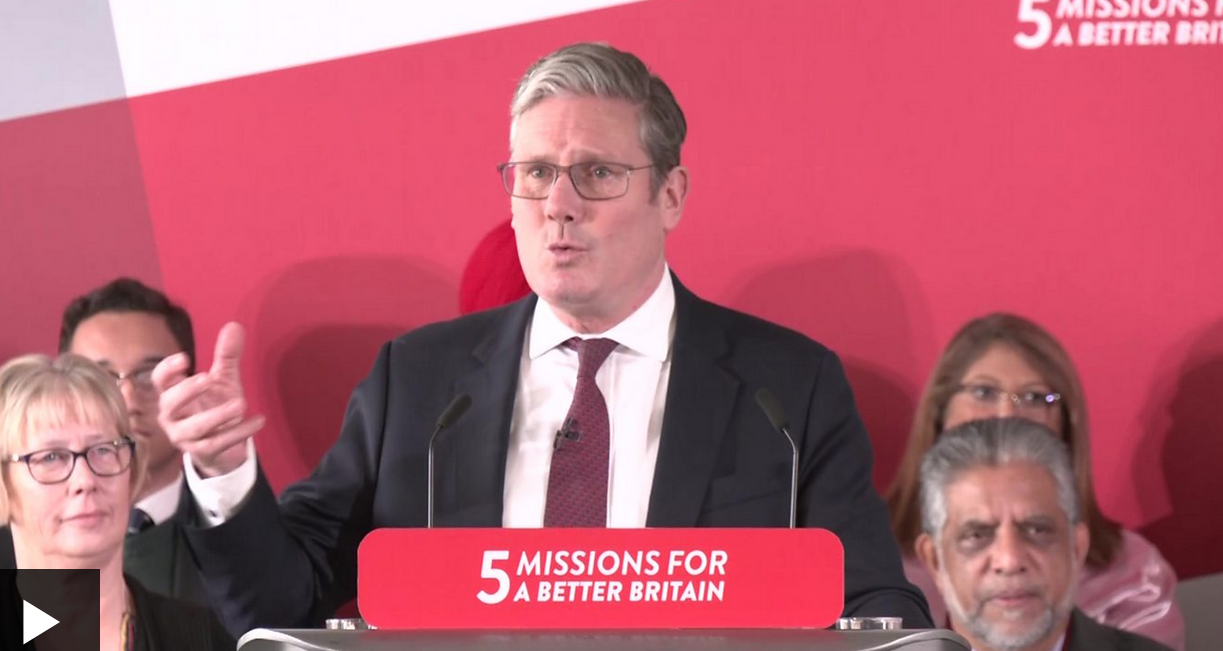
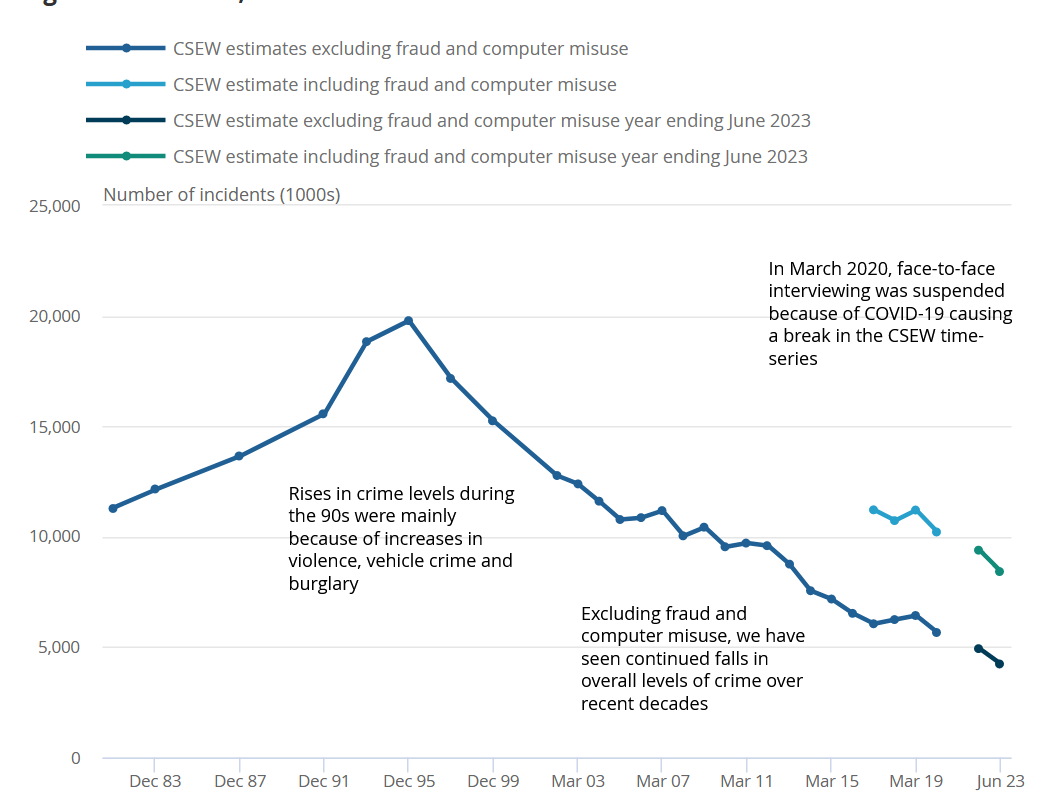
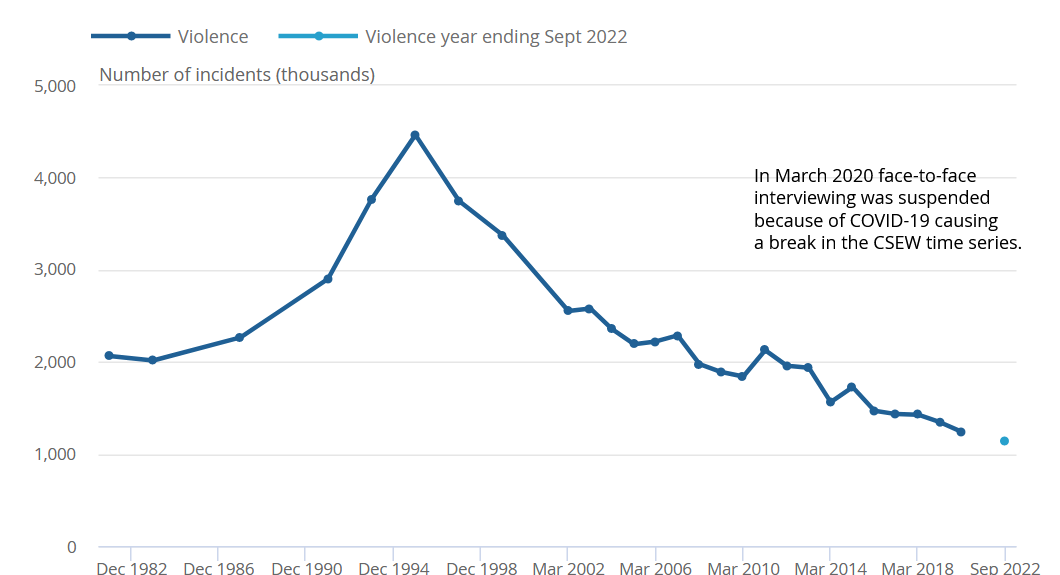
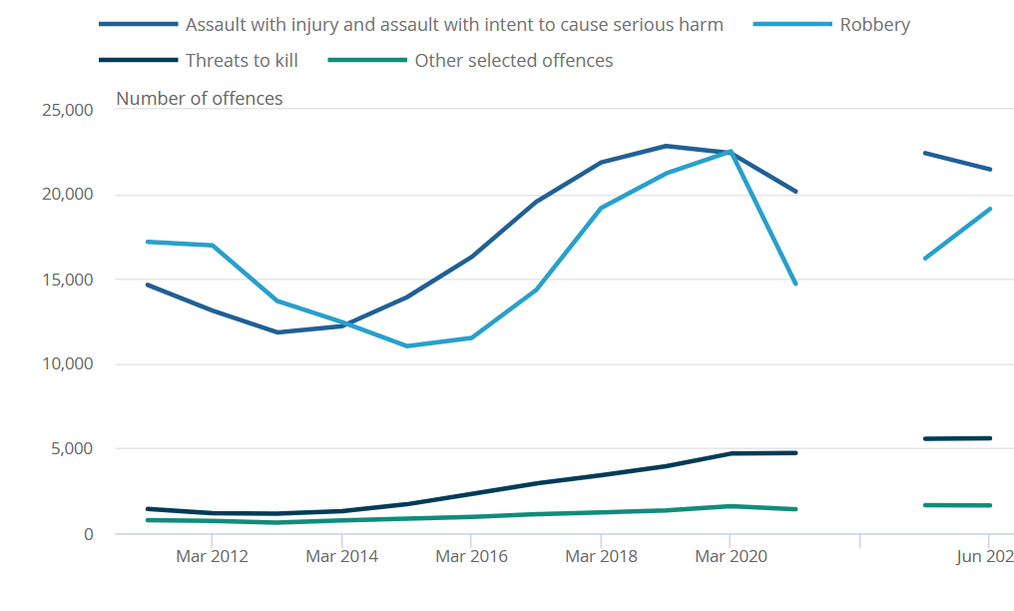
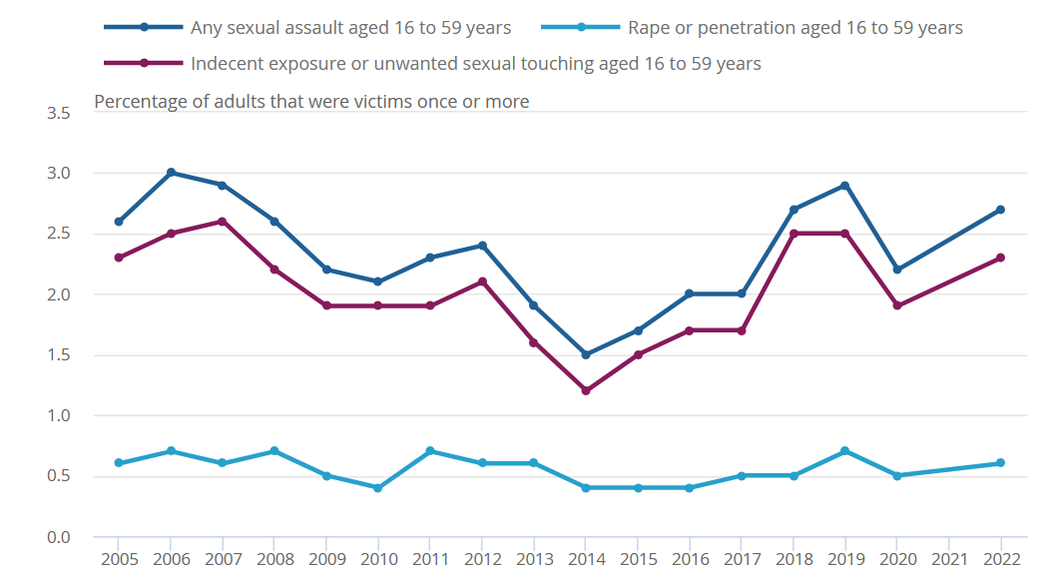
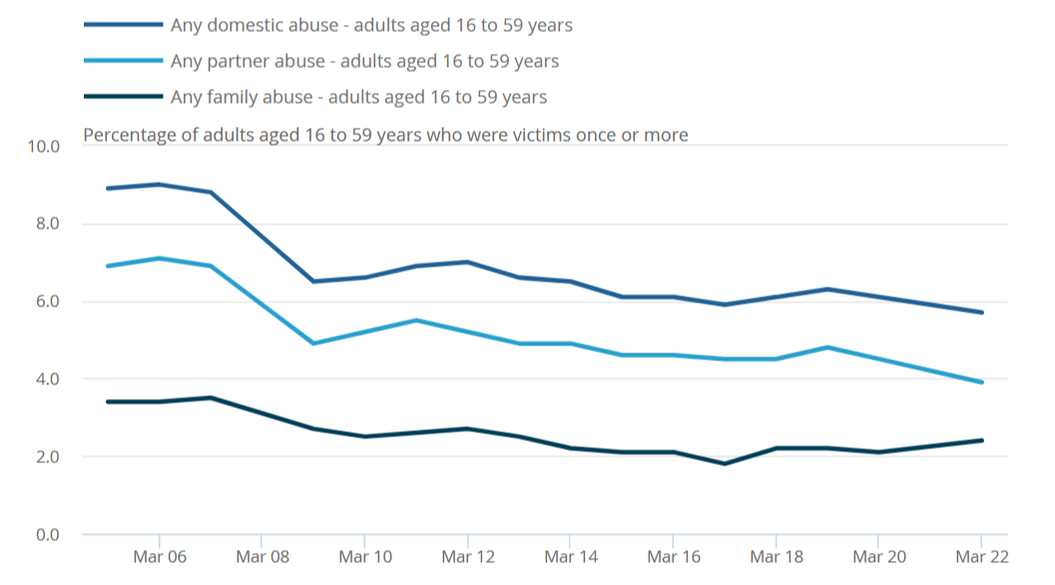
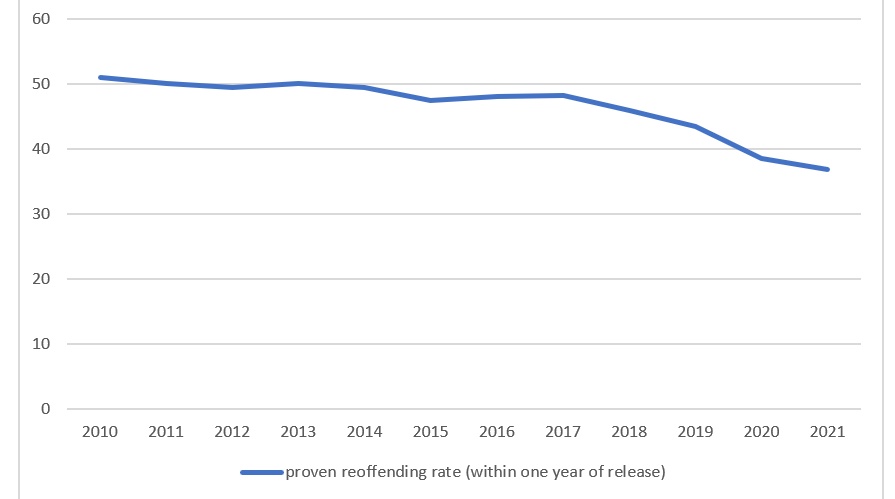
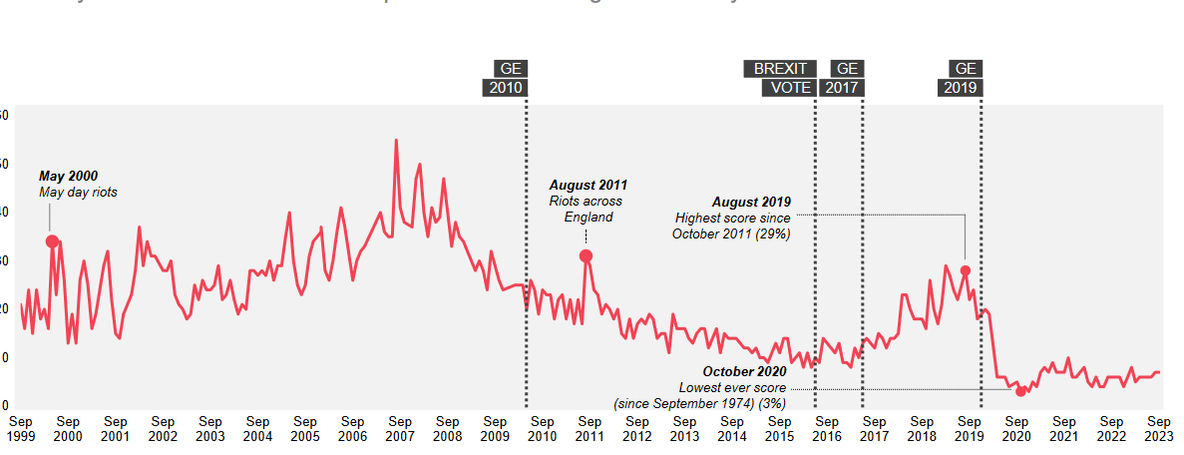
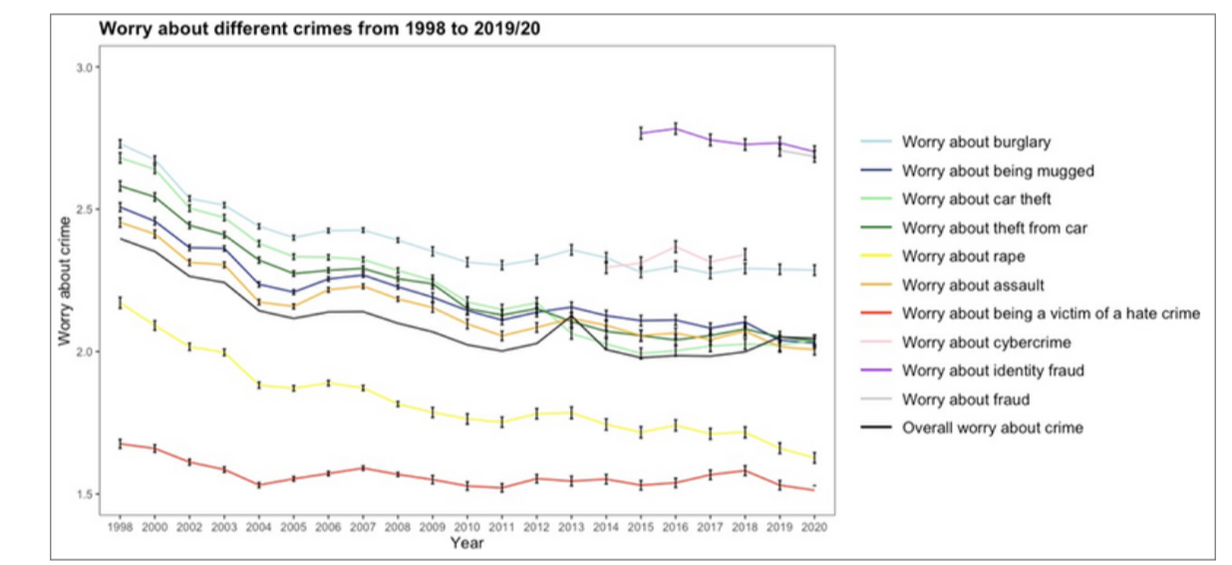
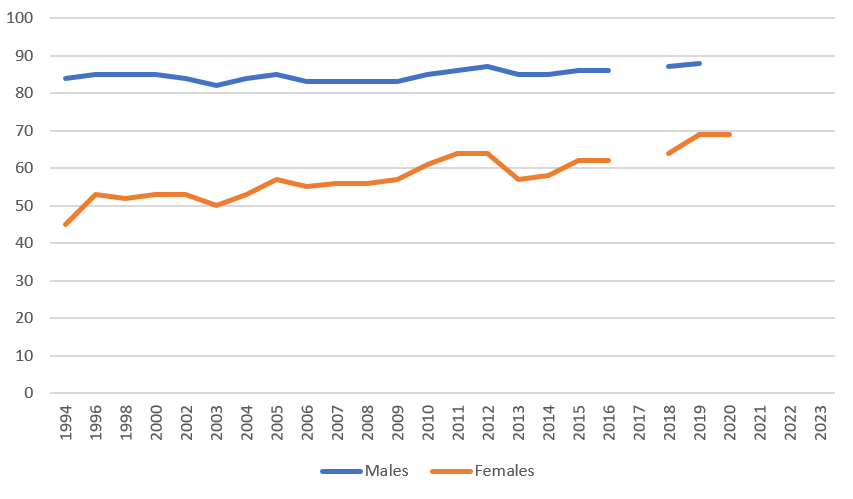
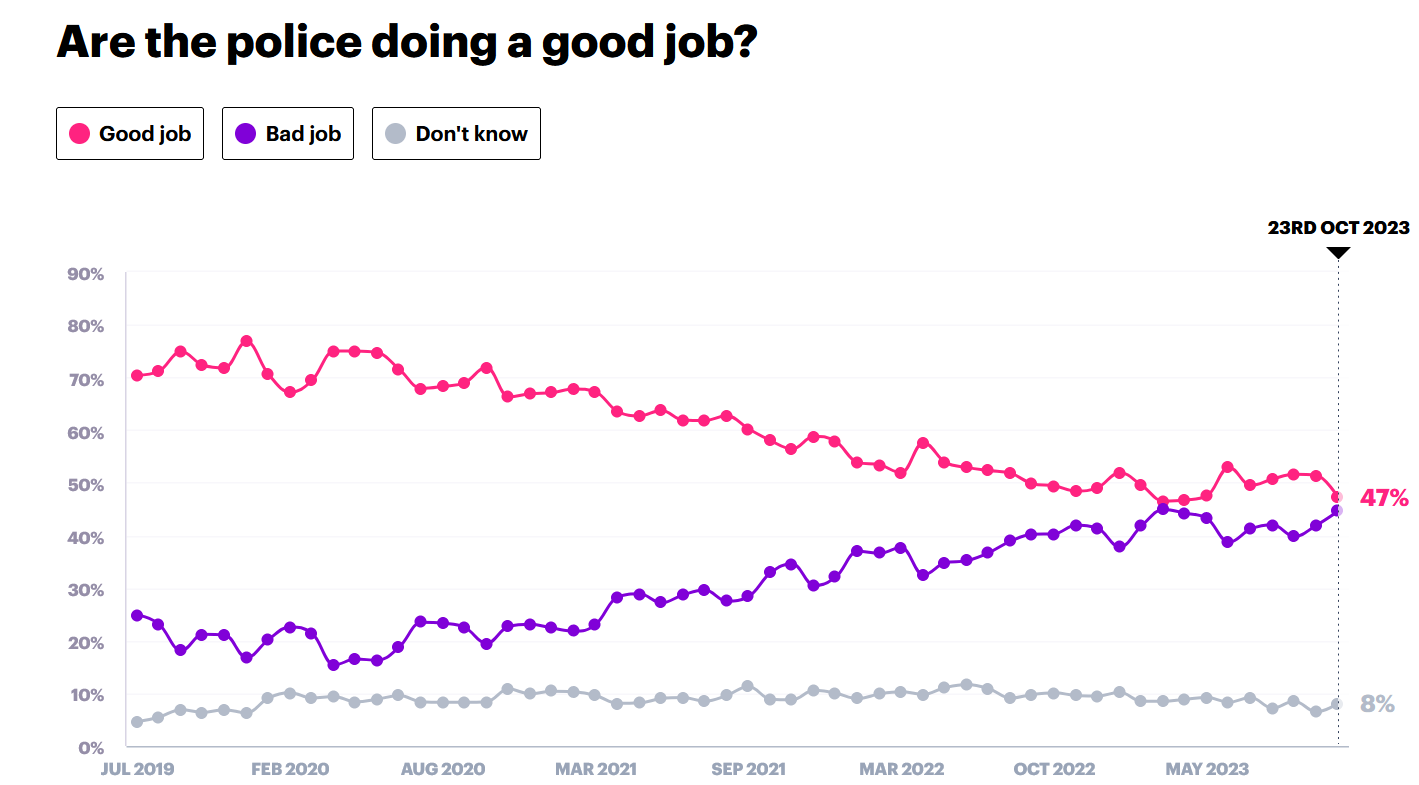
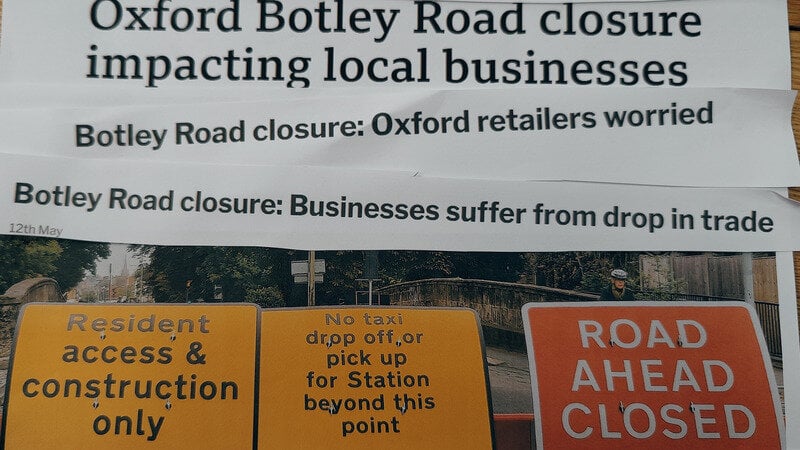


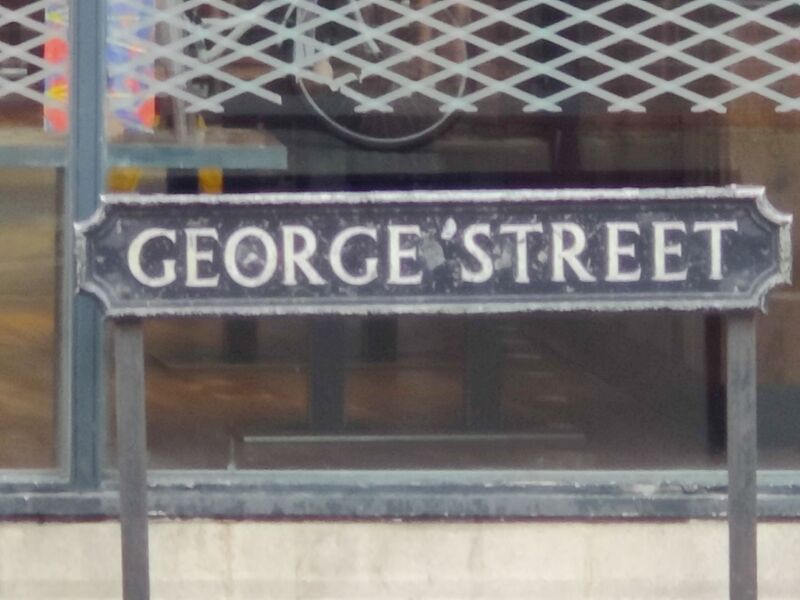
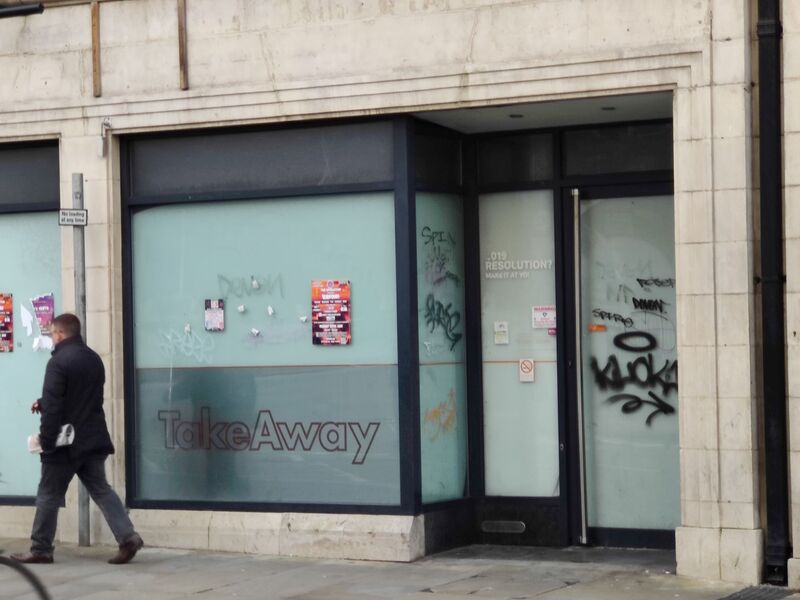
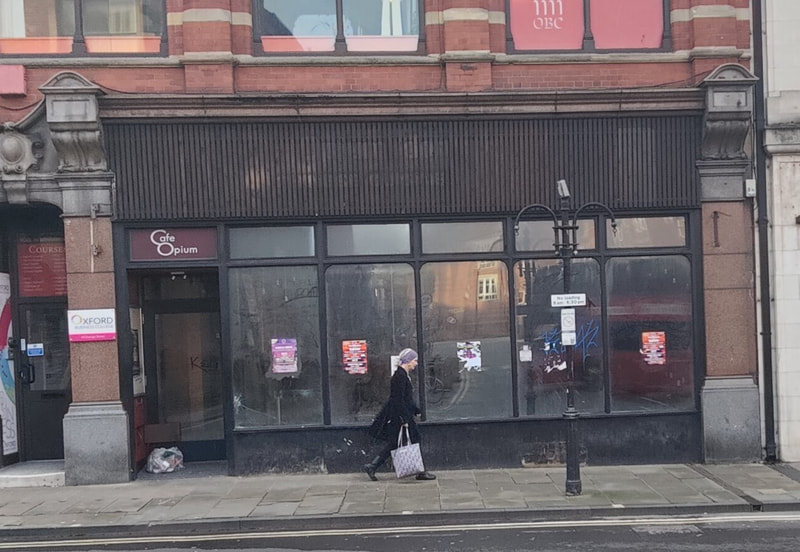
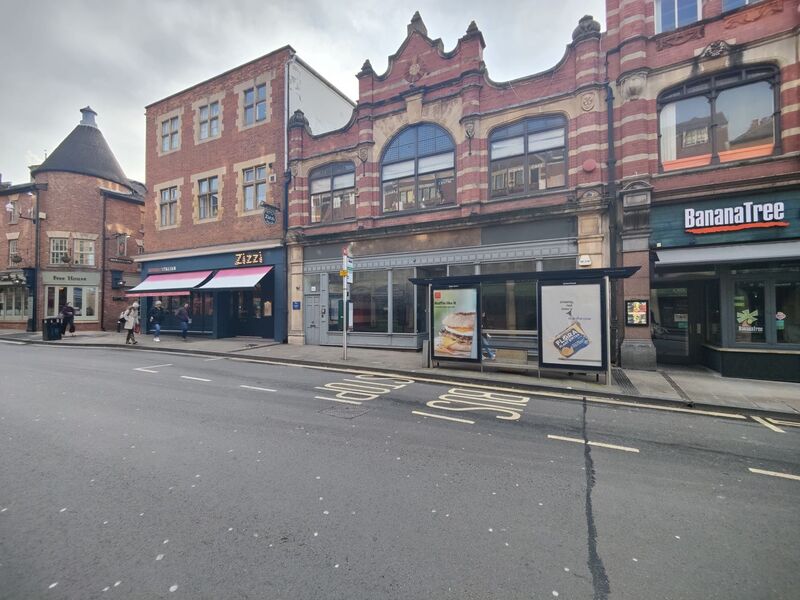
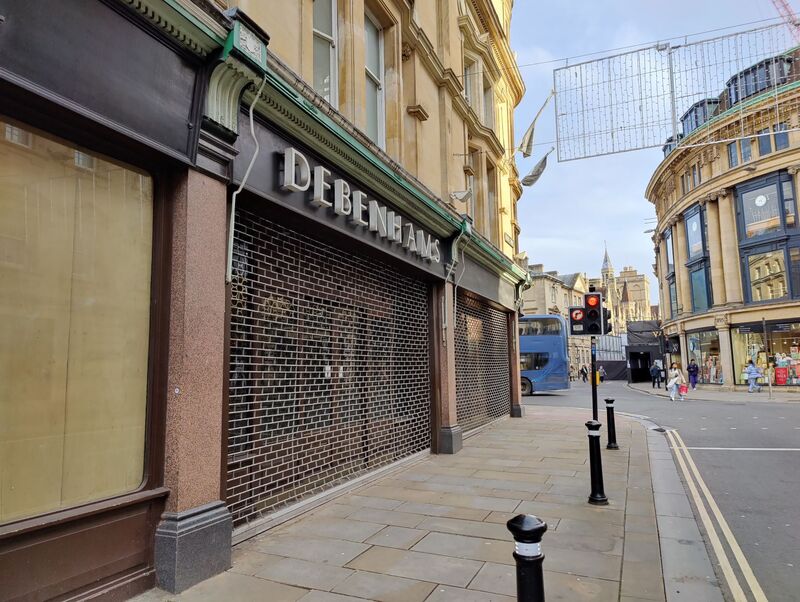
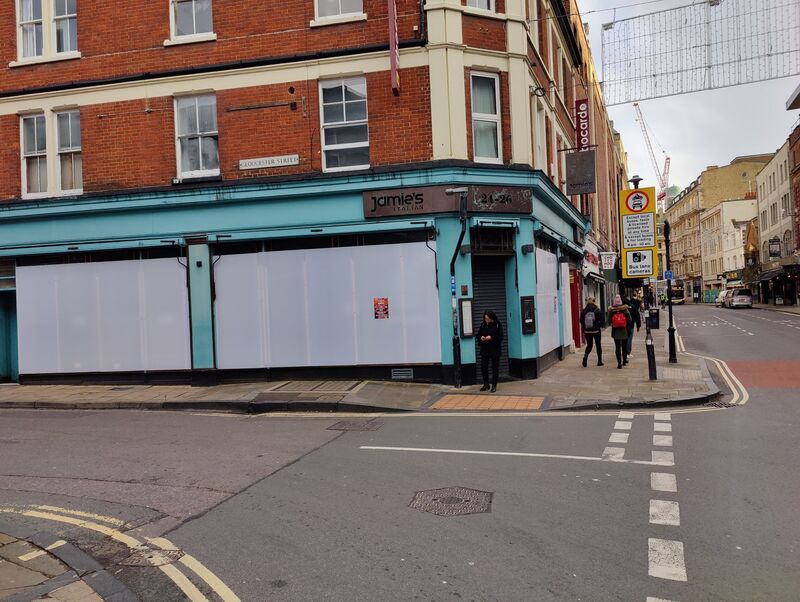
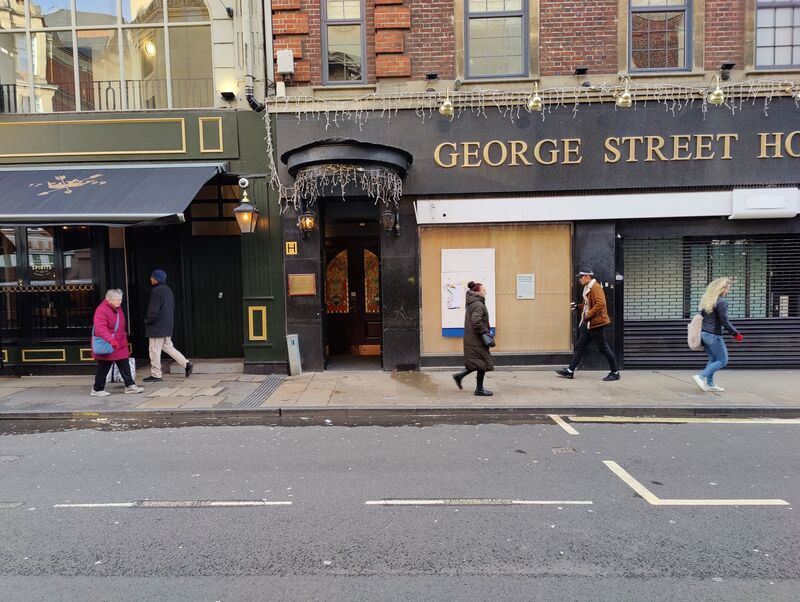
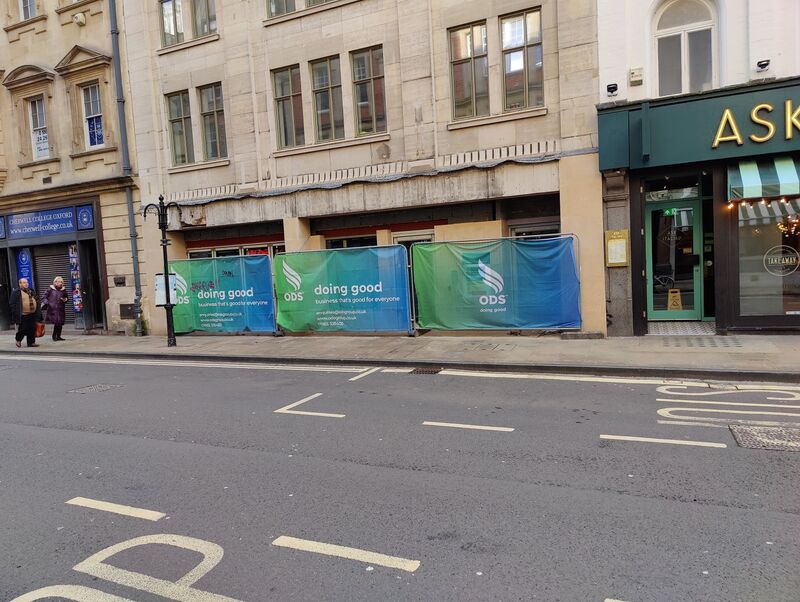
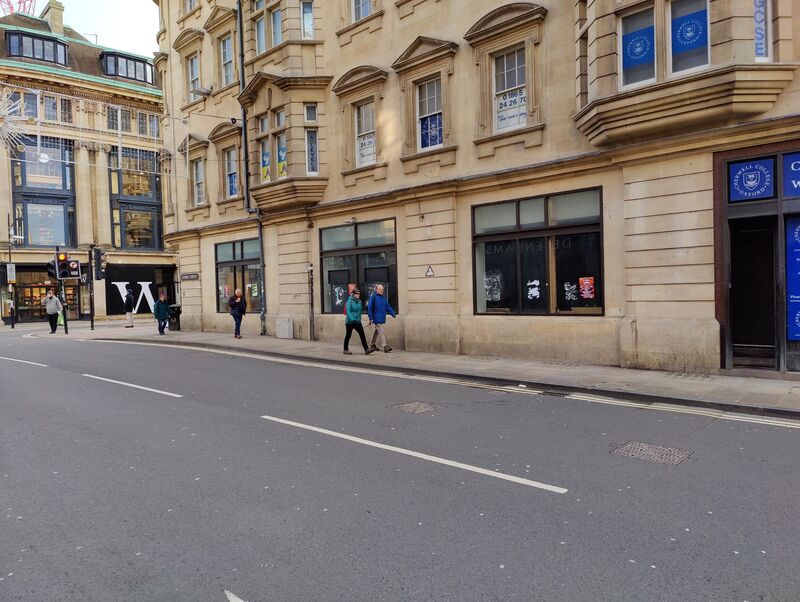

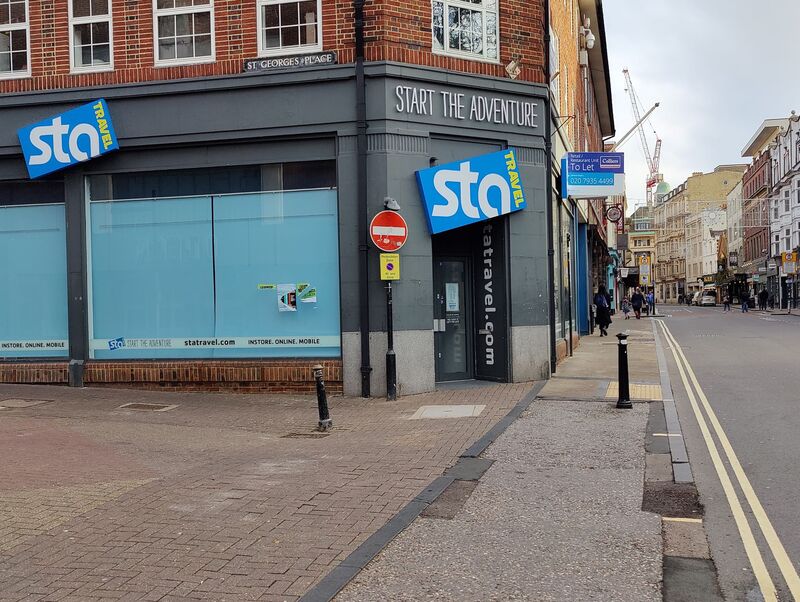
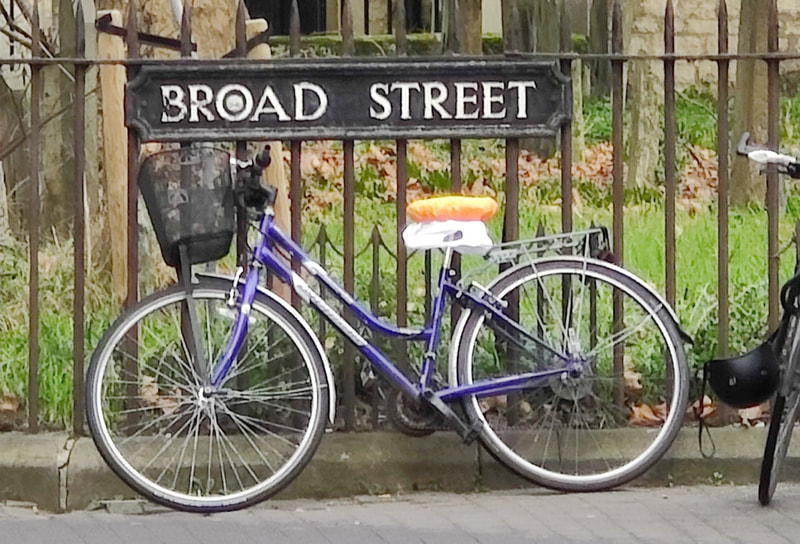
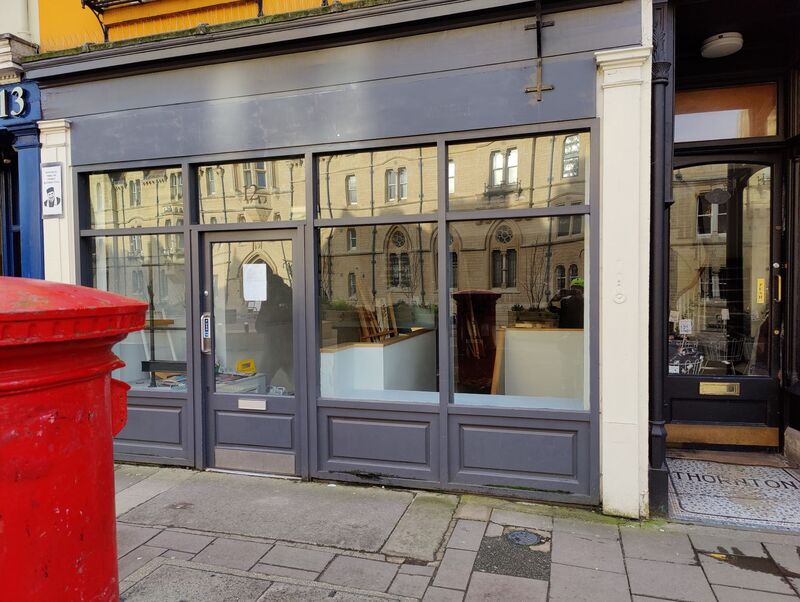
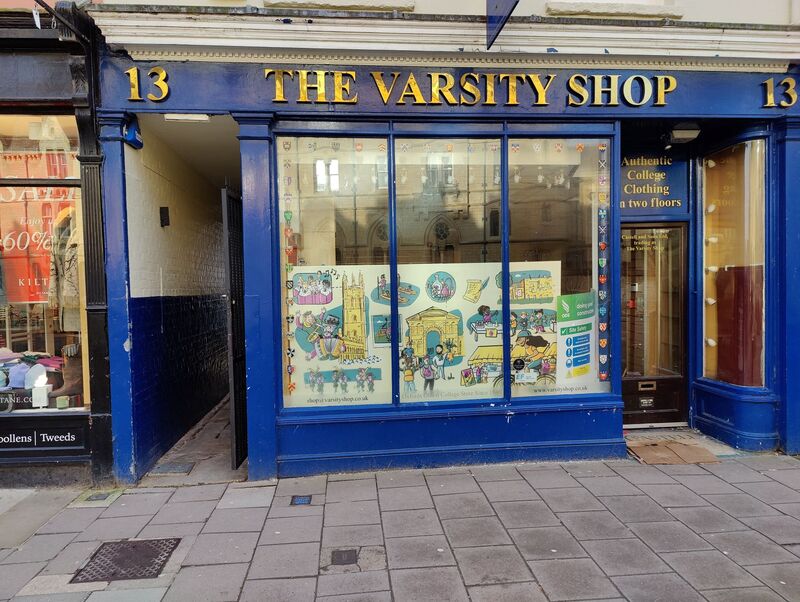
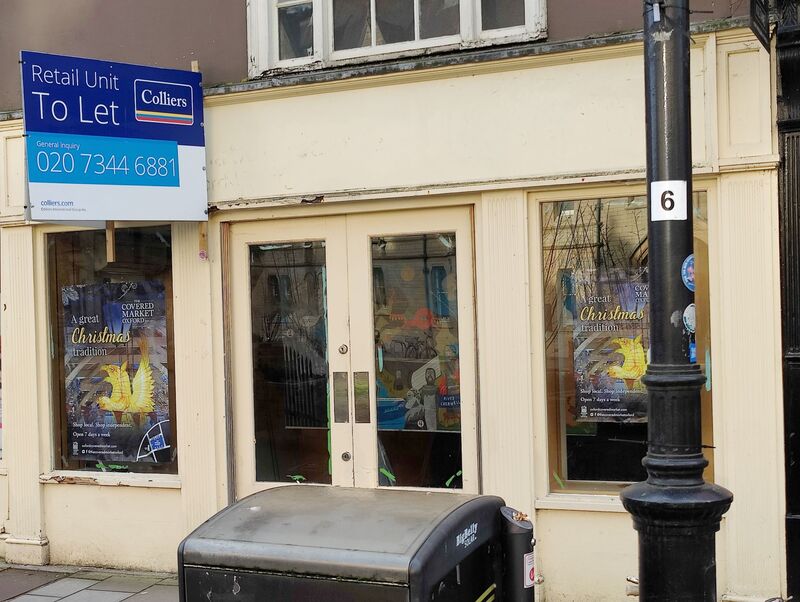
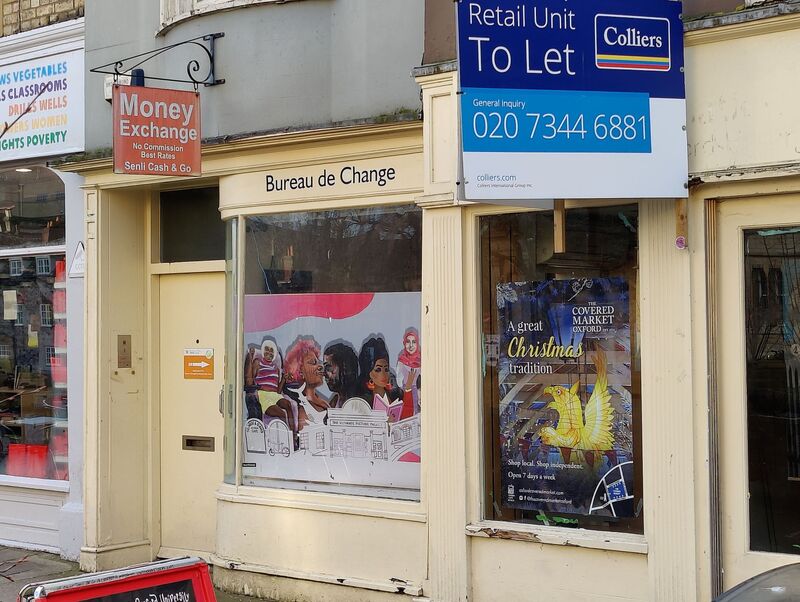
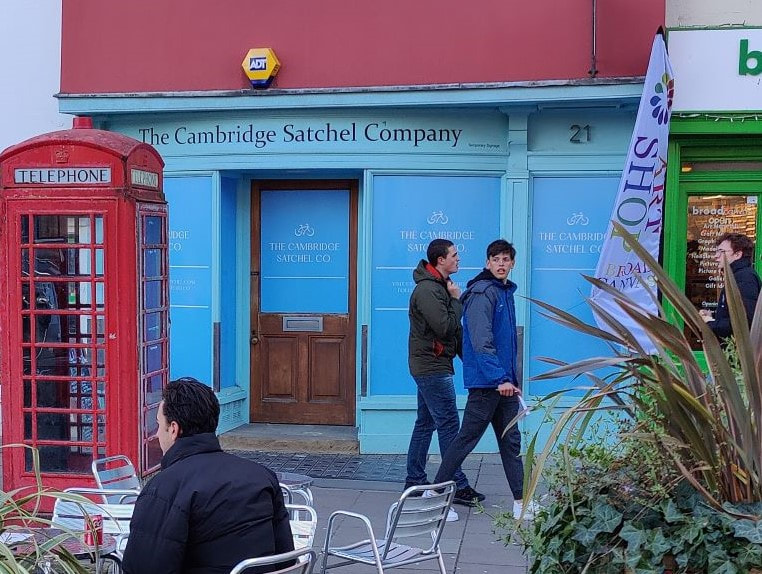

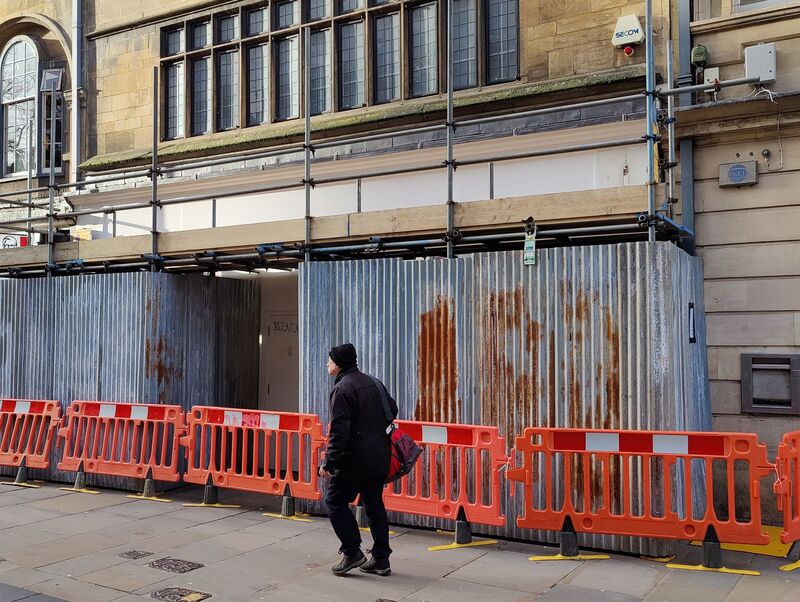
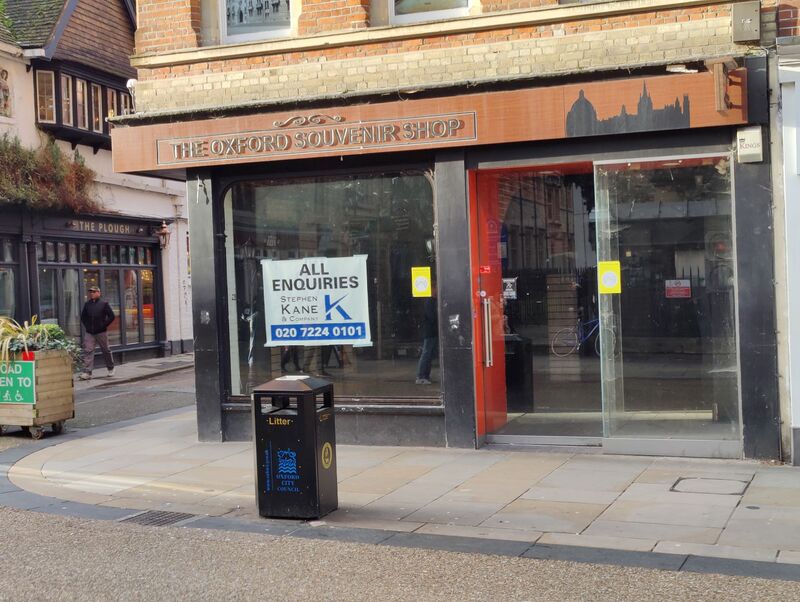
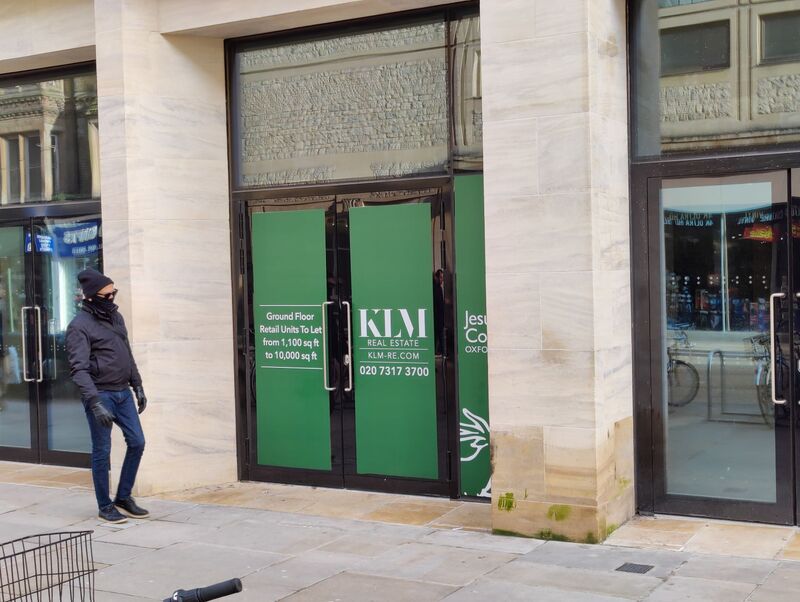
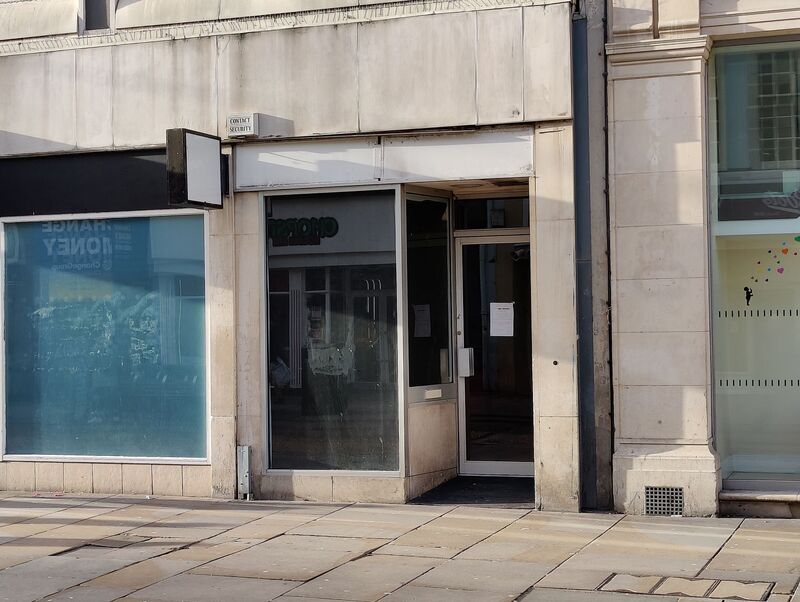
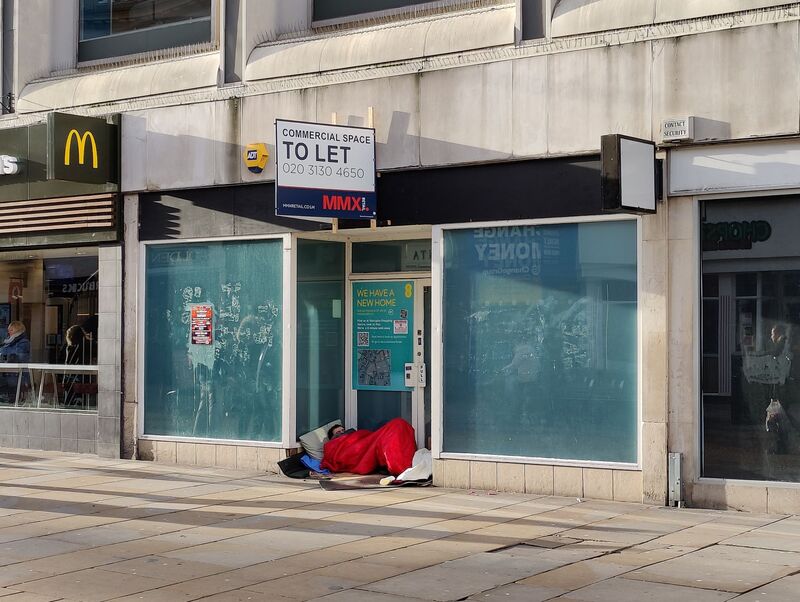

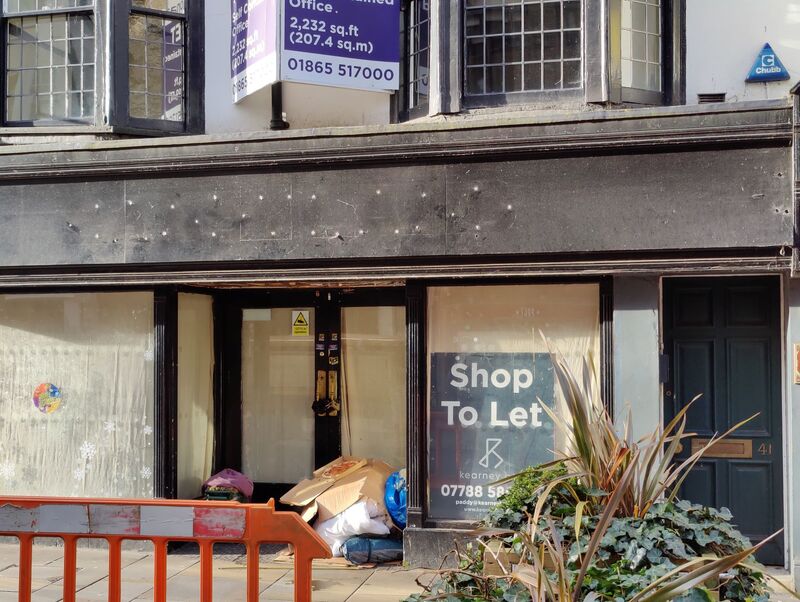
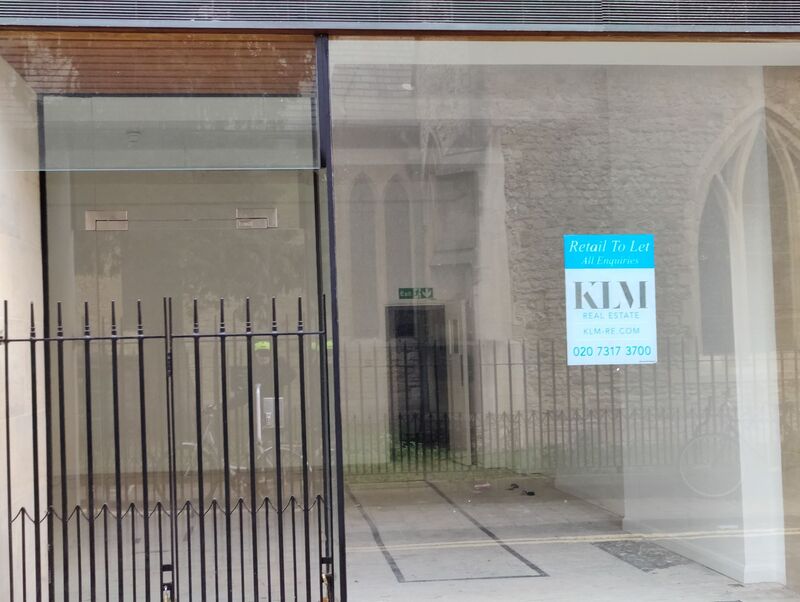

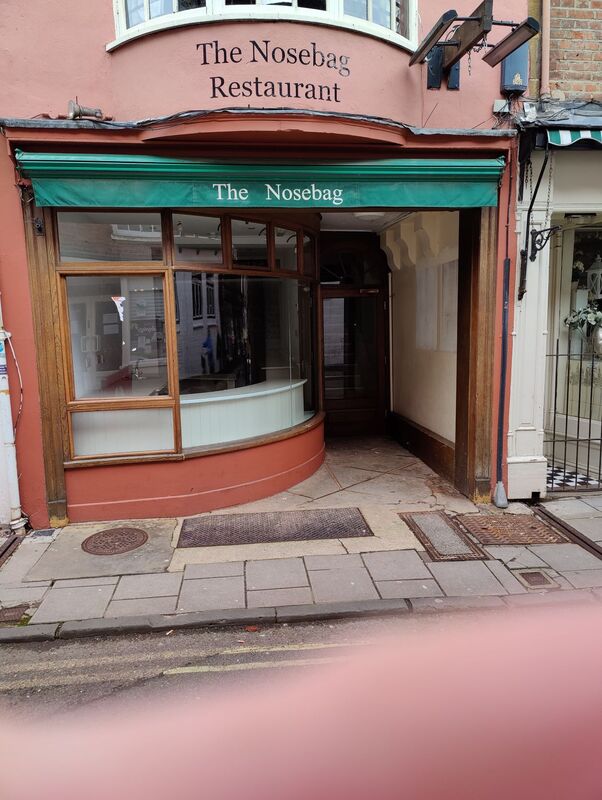
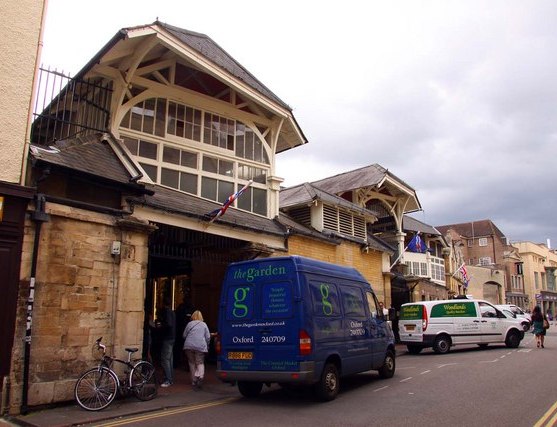

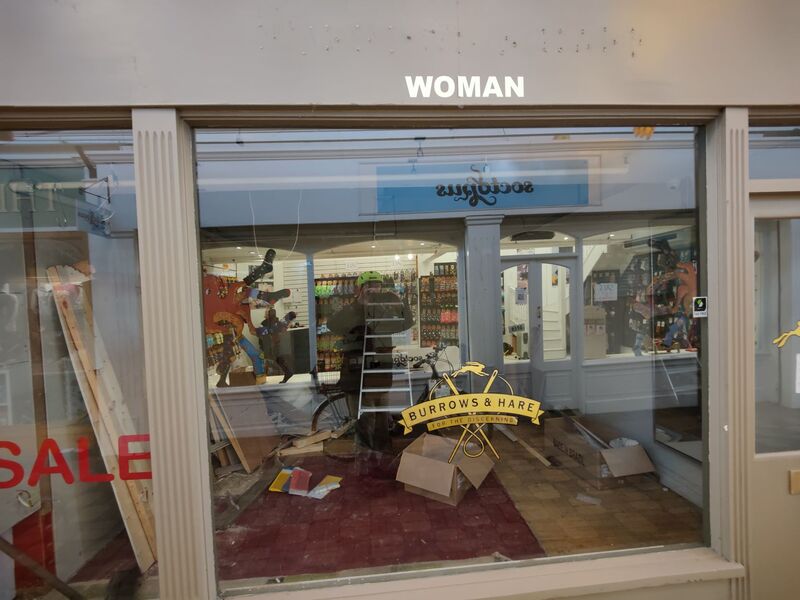




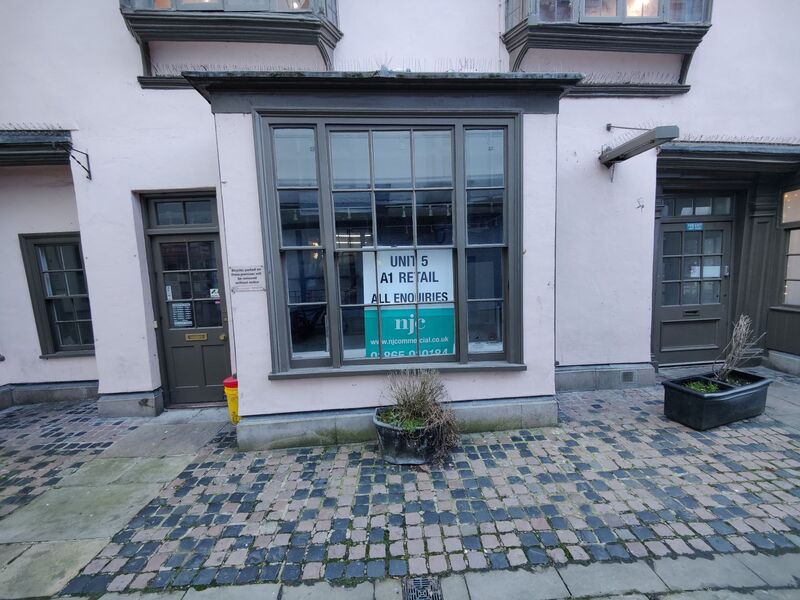




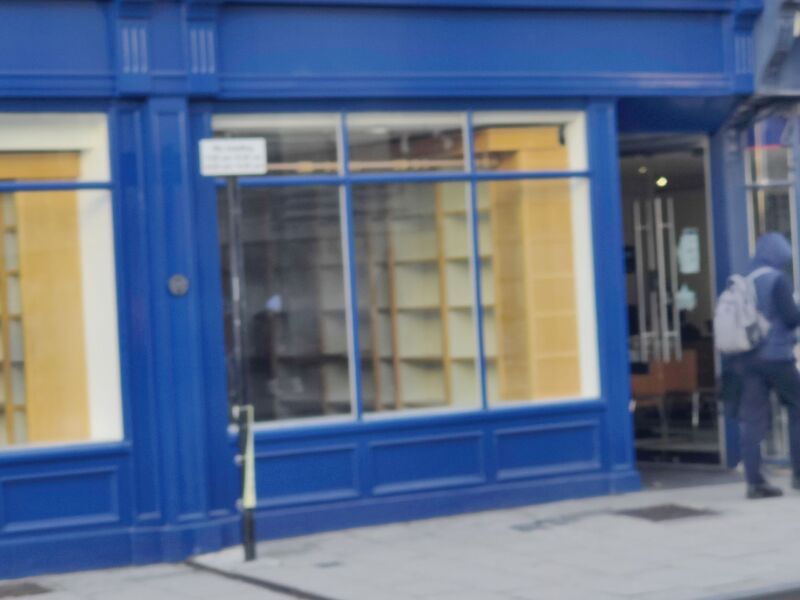
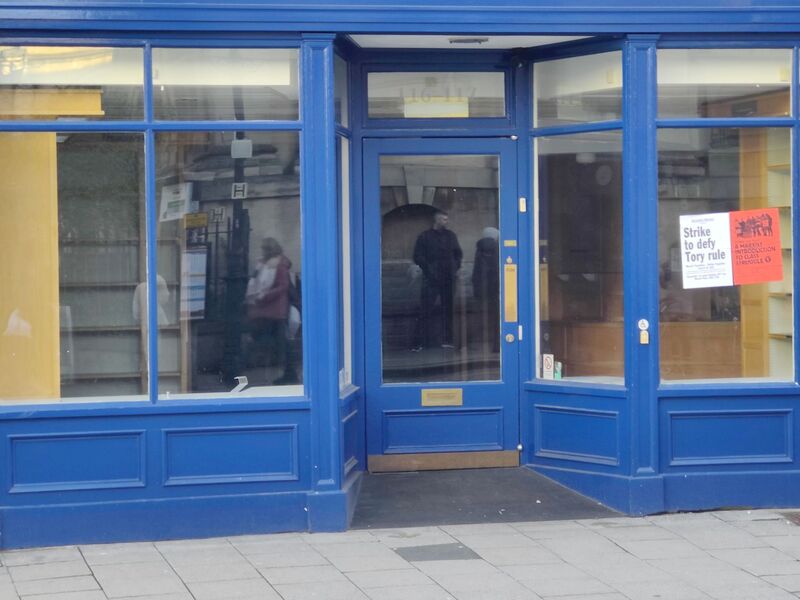
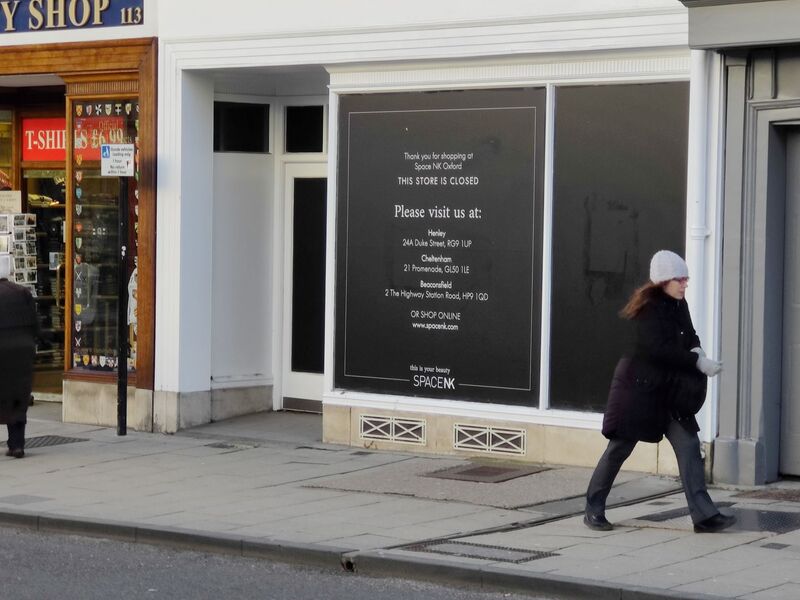
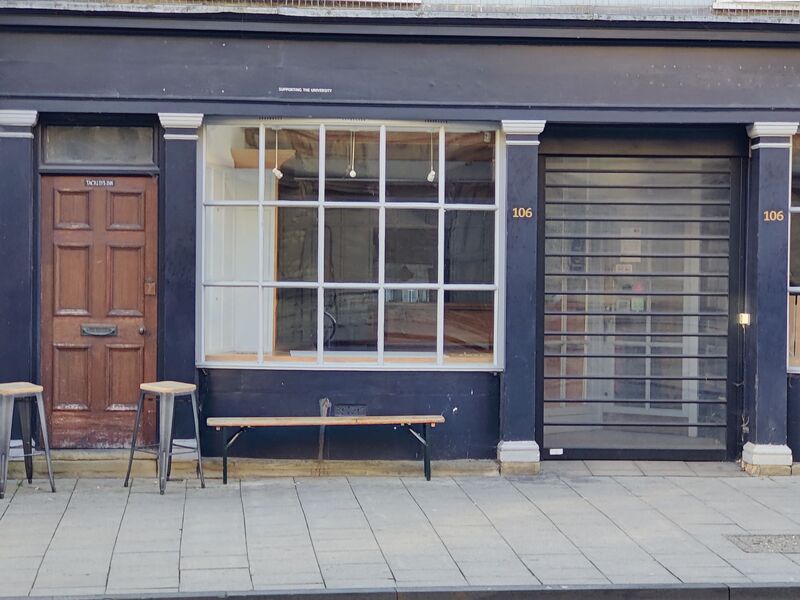
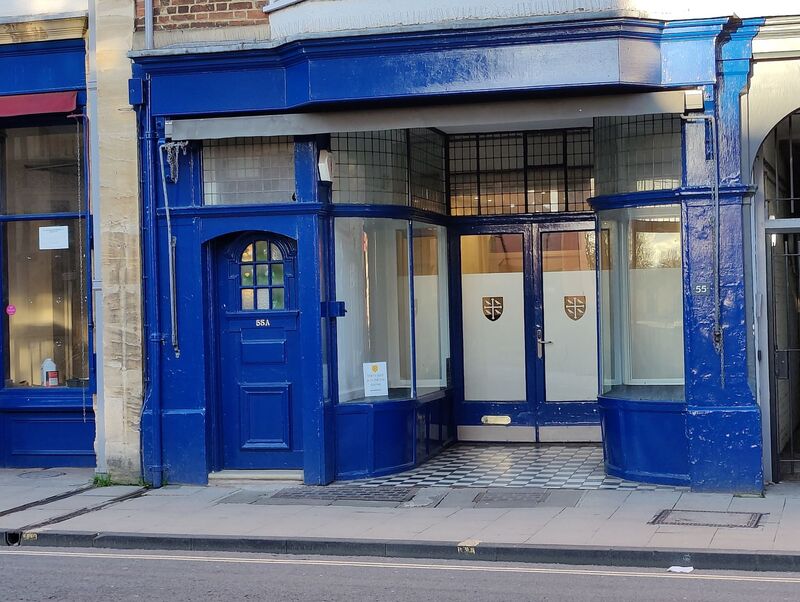

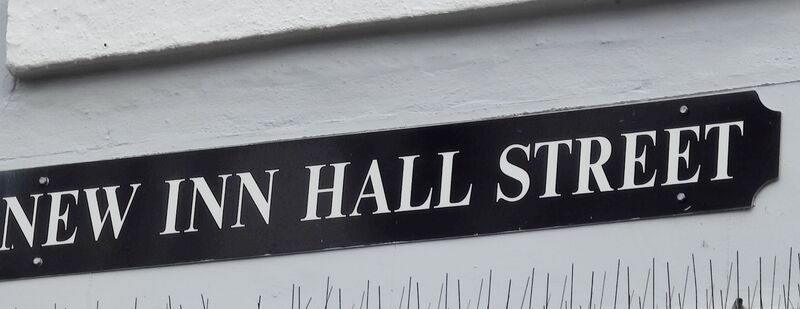
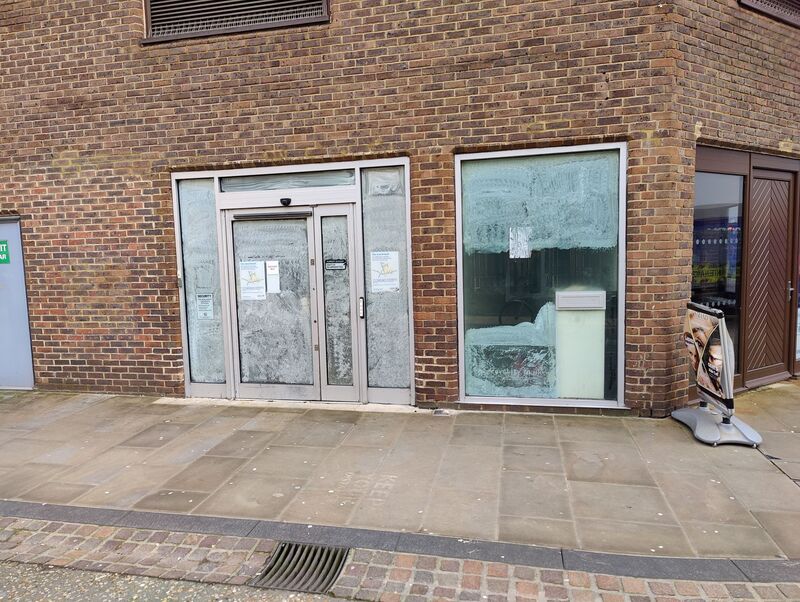

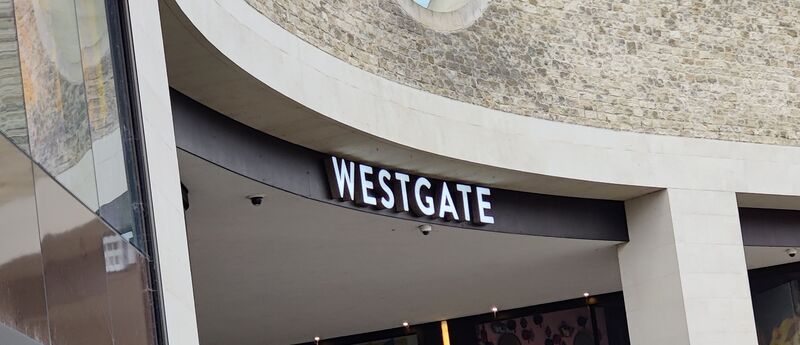
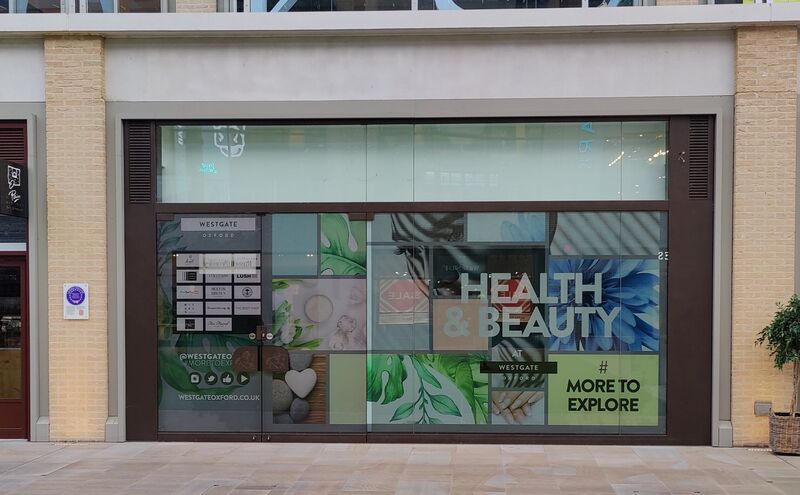
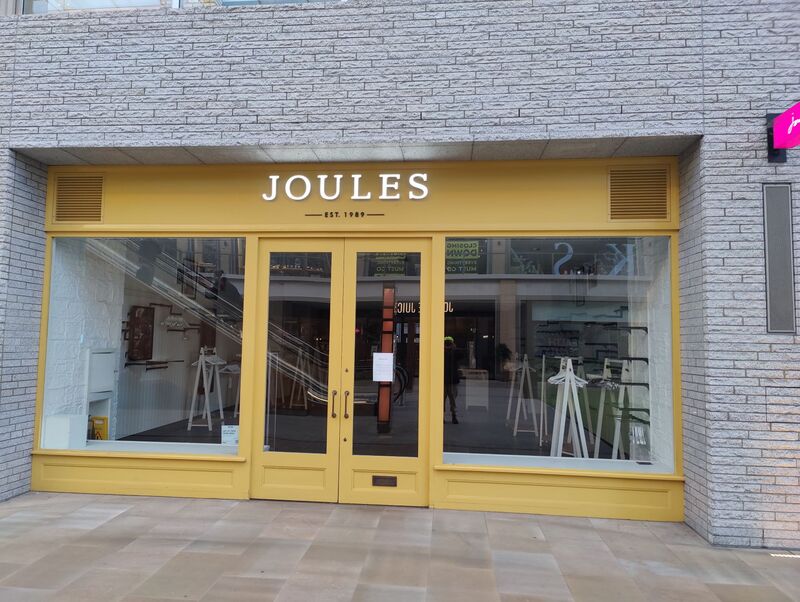








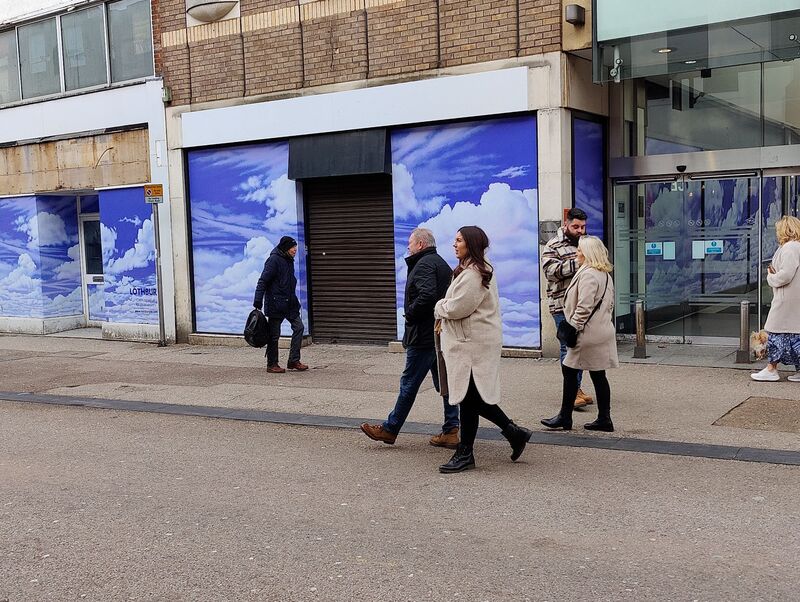
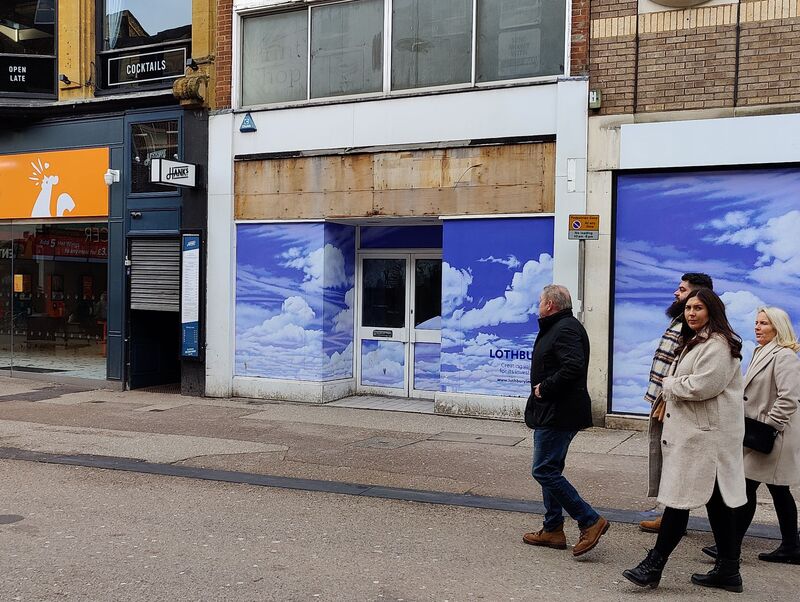
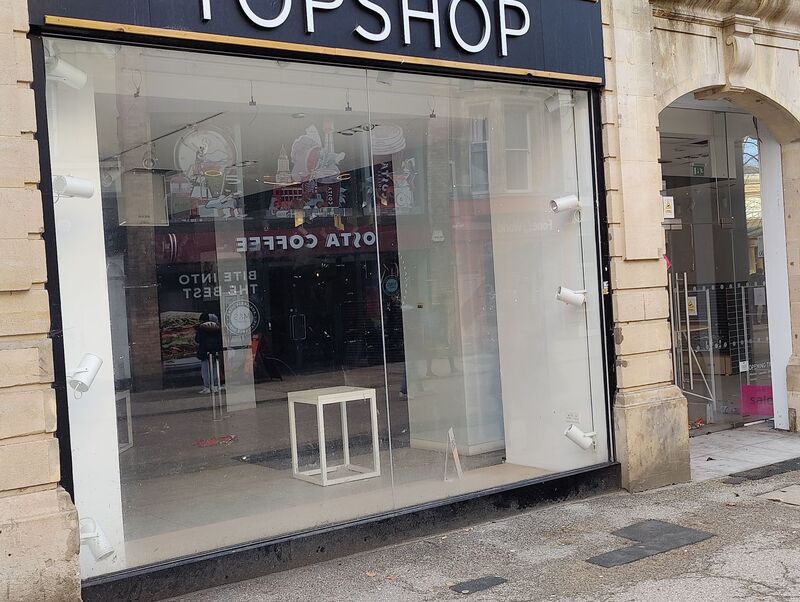
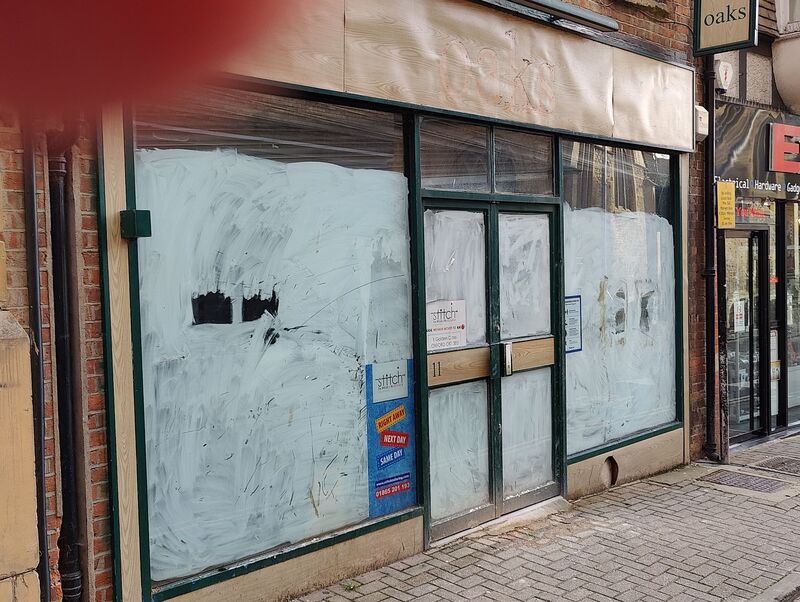
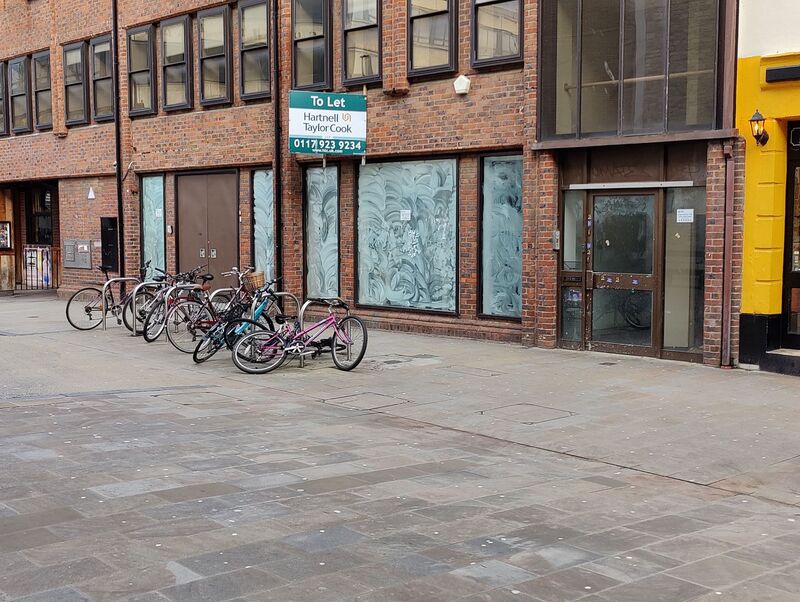
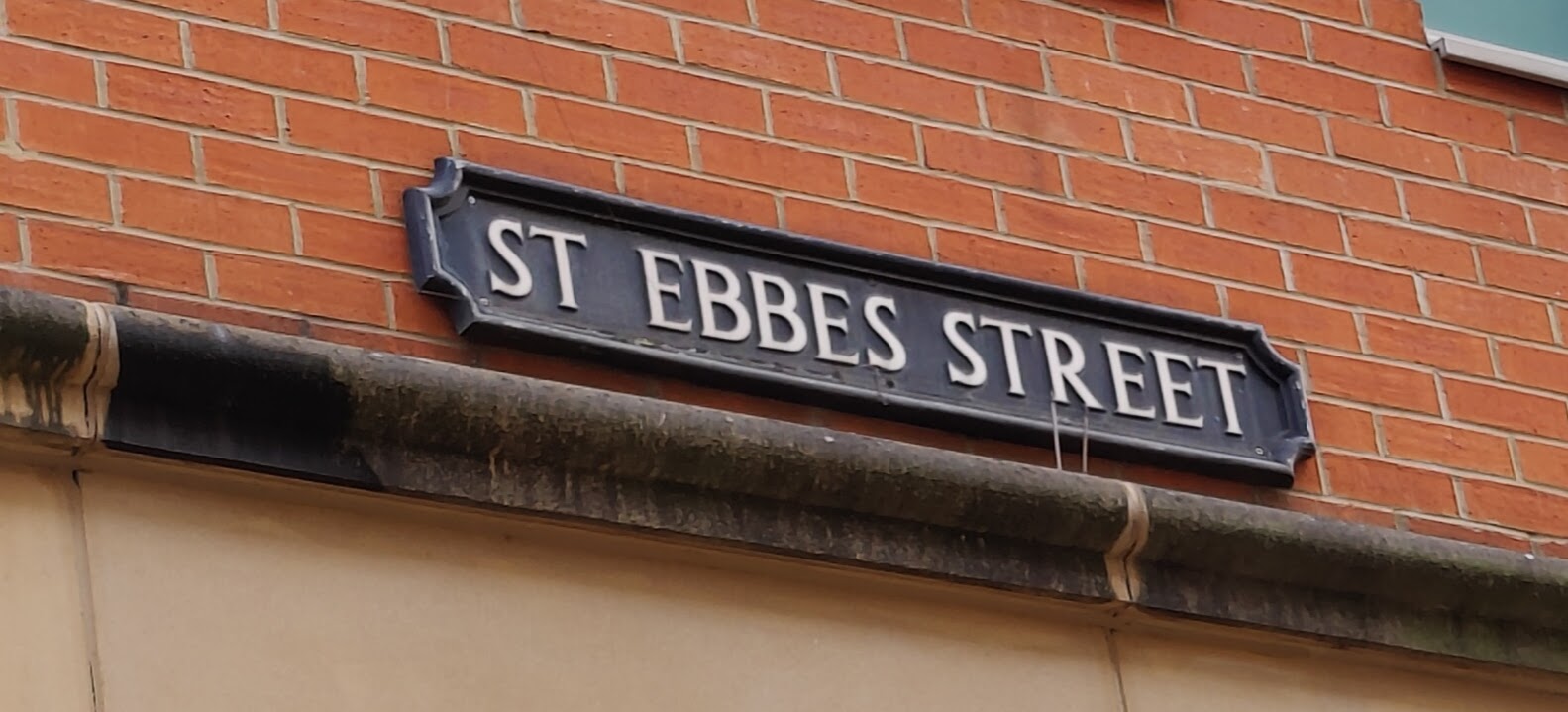
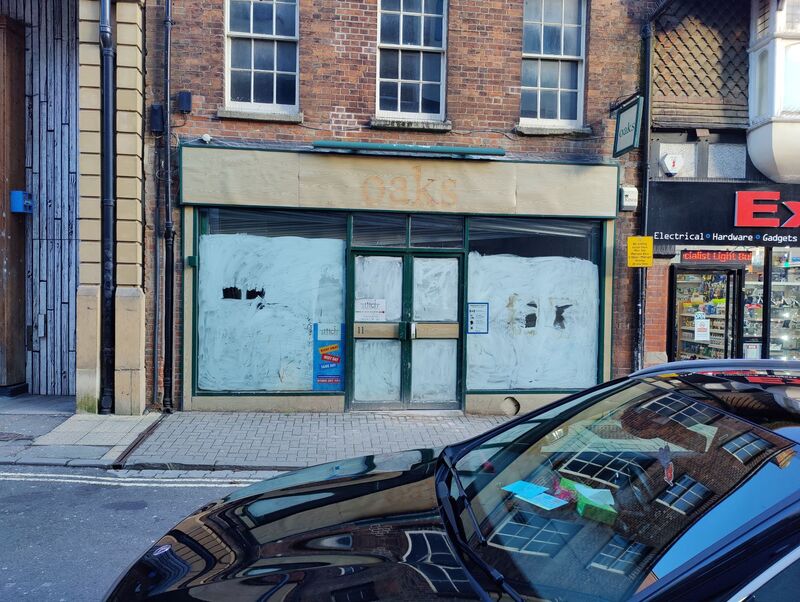
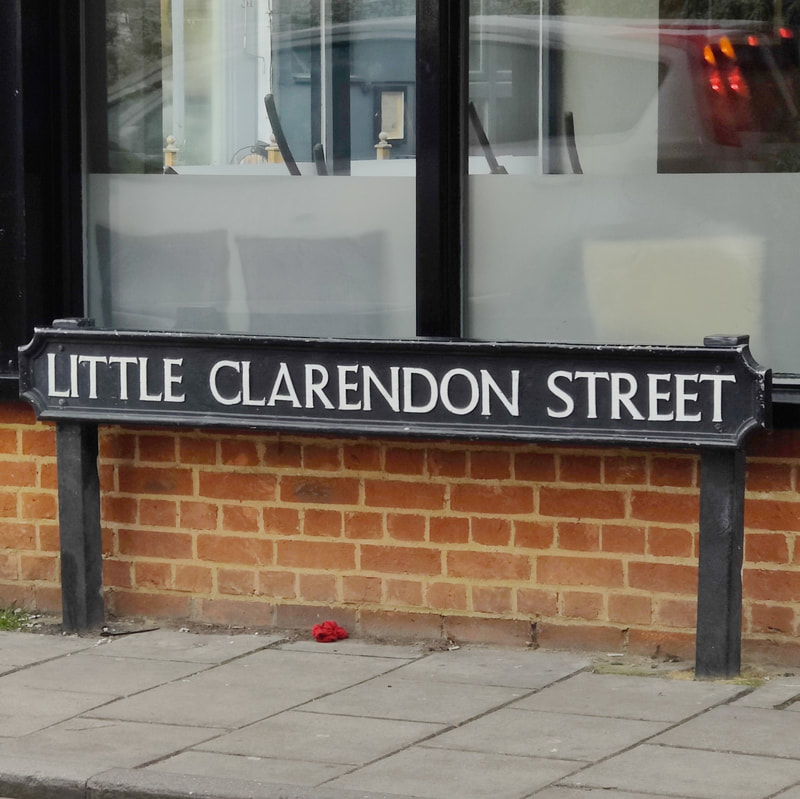
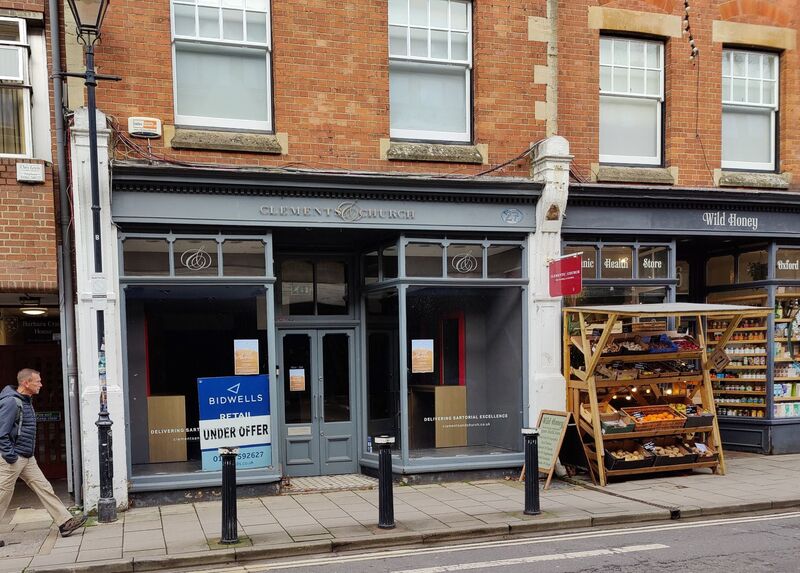

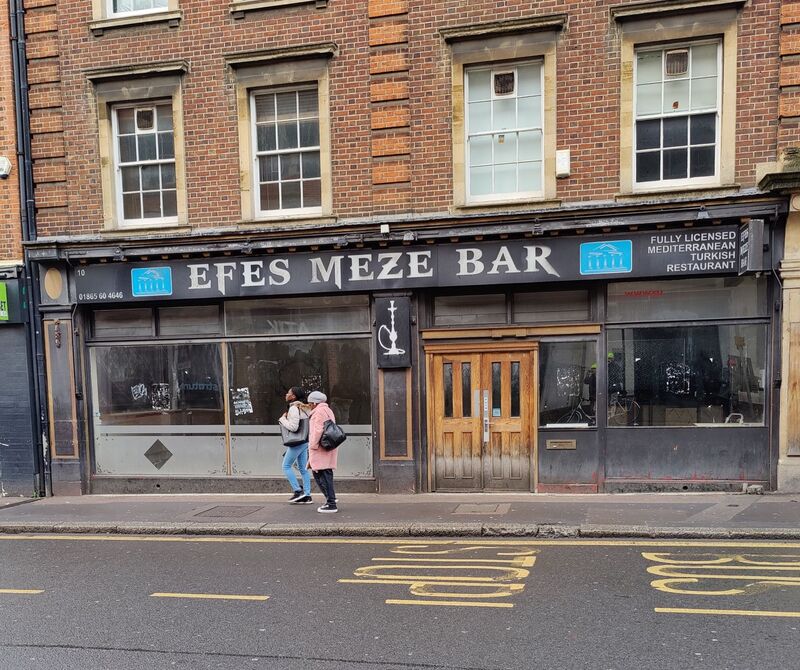

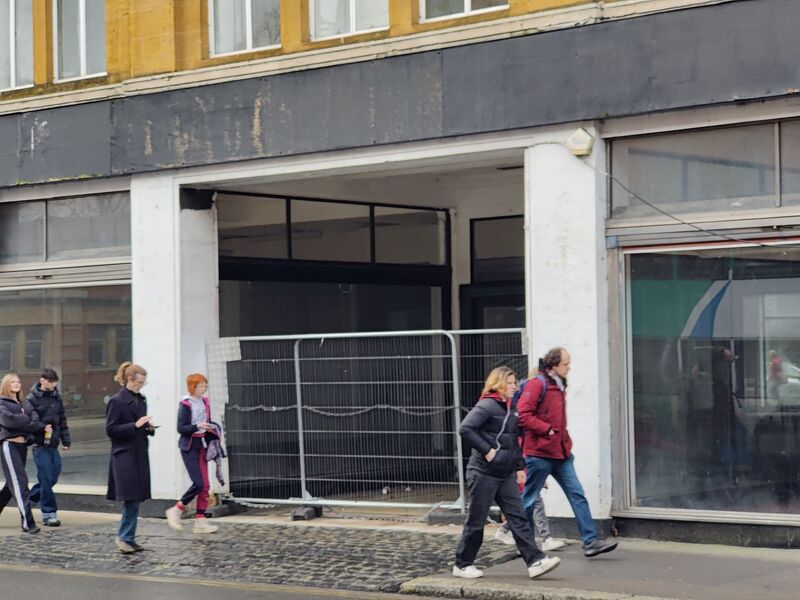

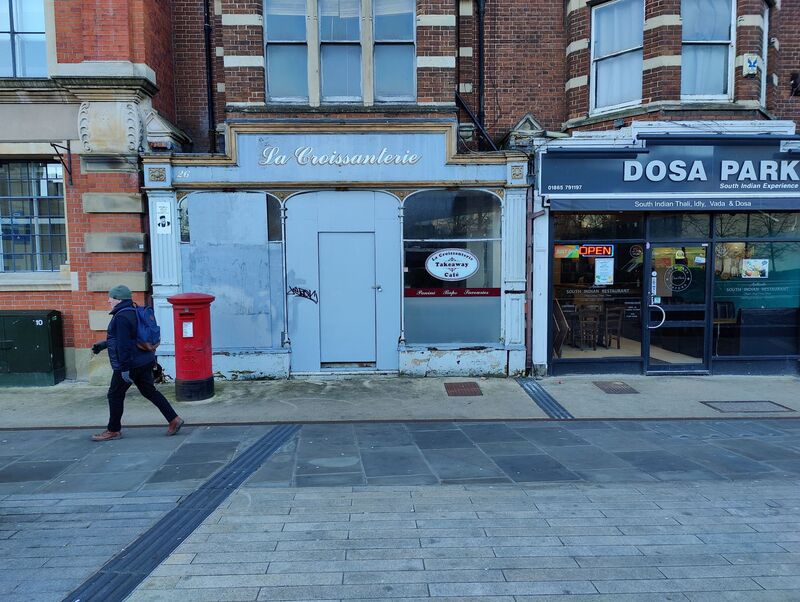
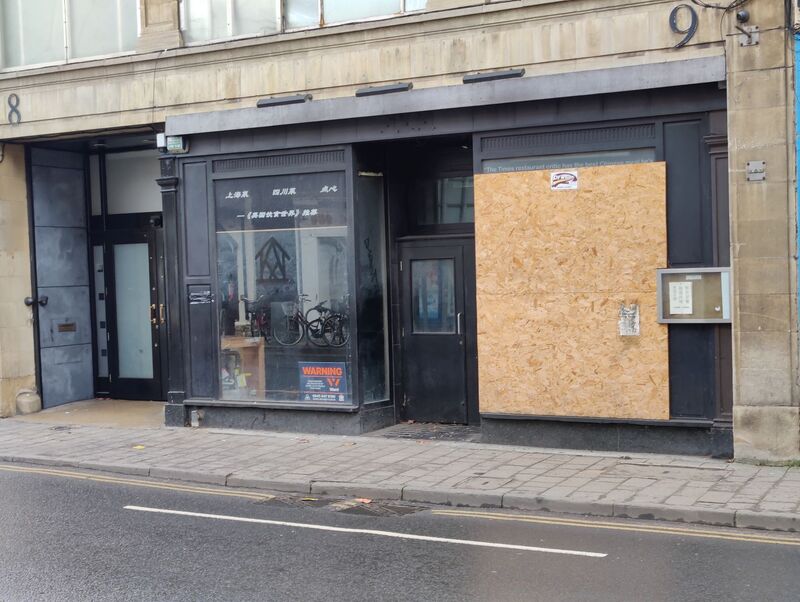
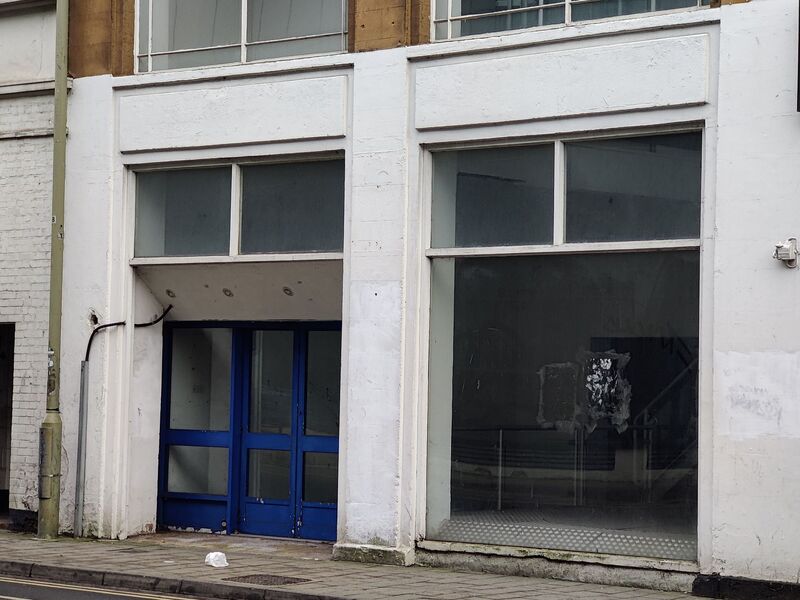
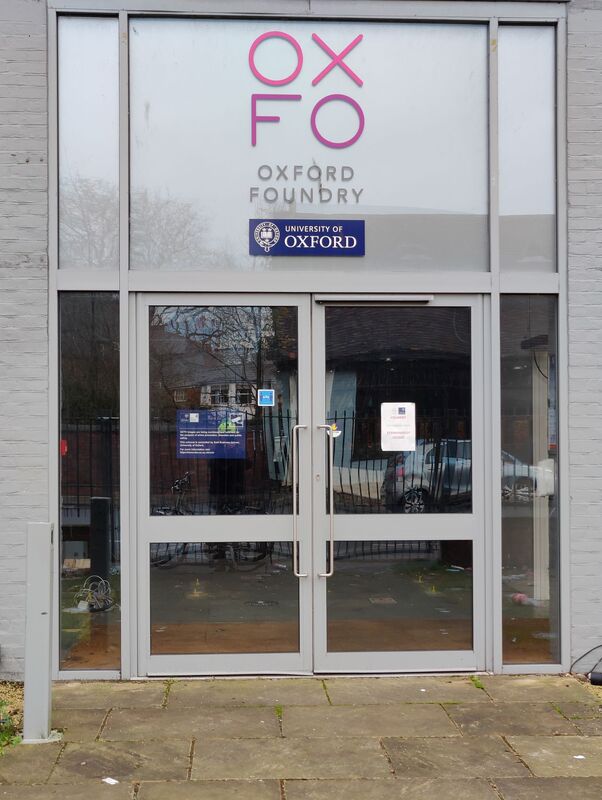
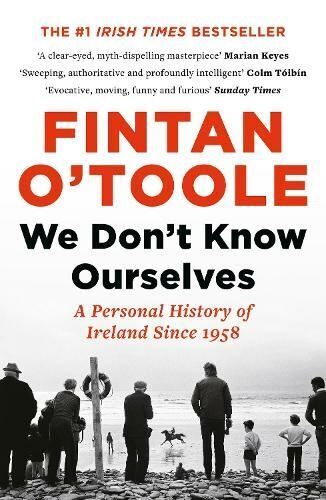

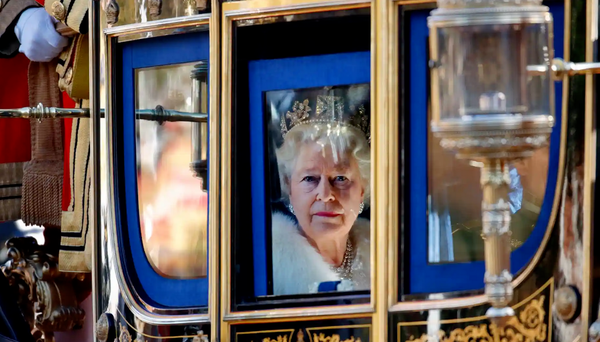
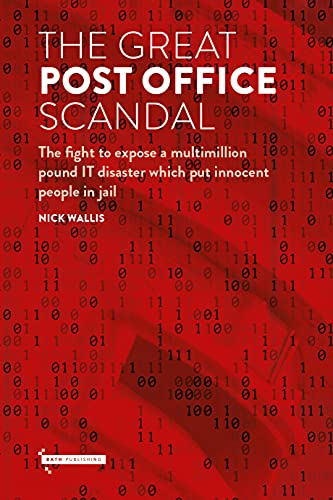
 RSS Feed
RSS Feed